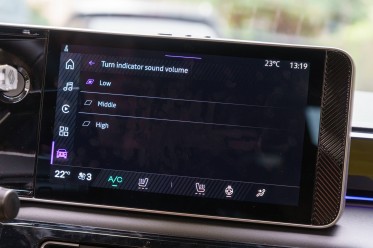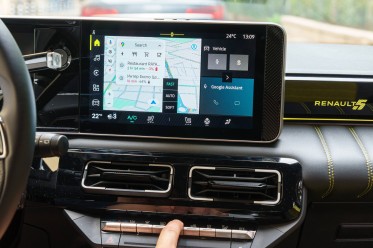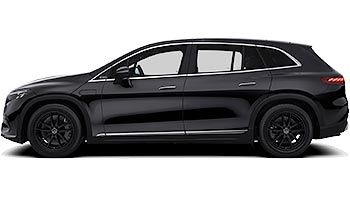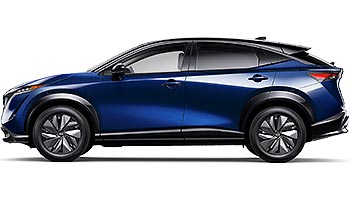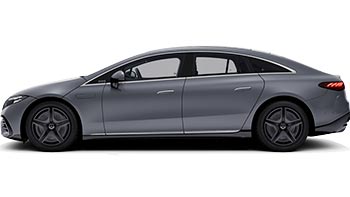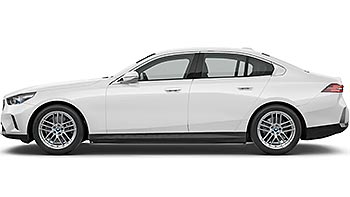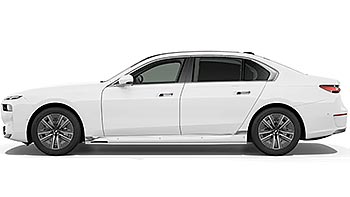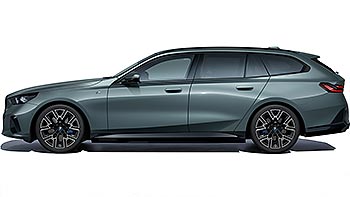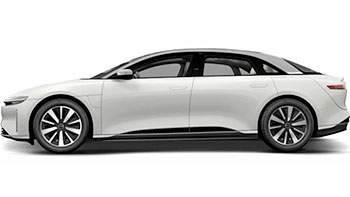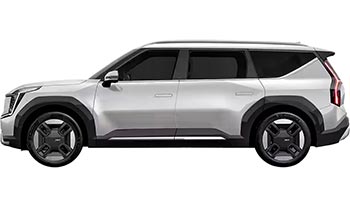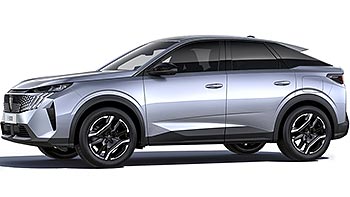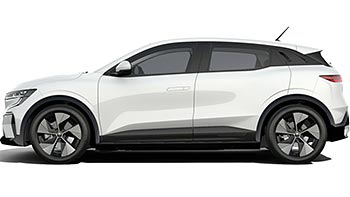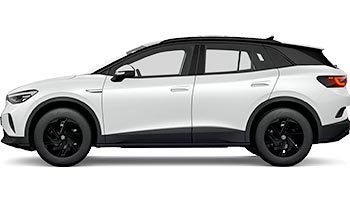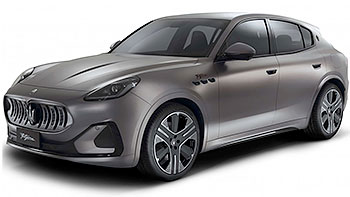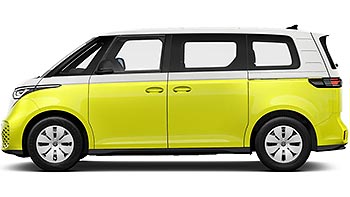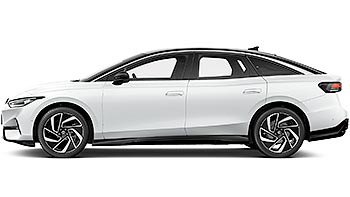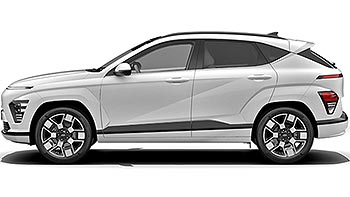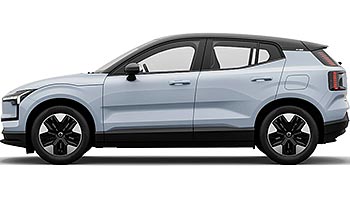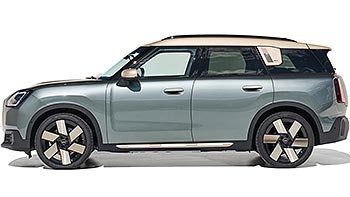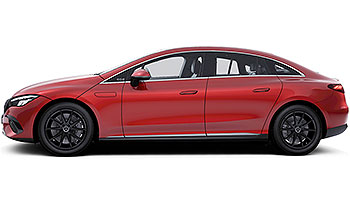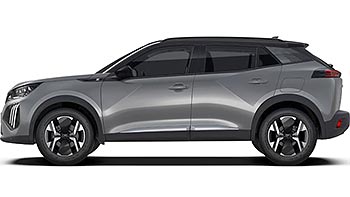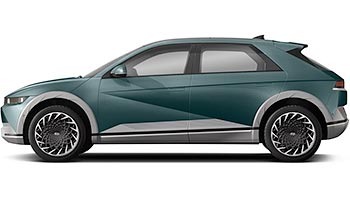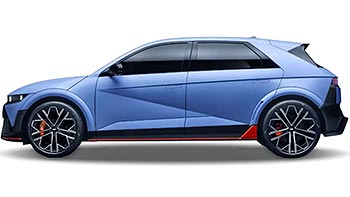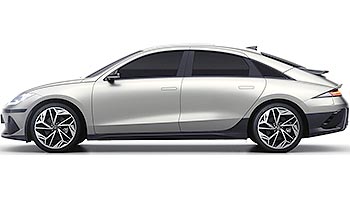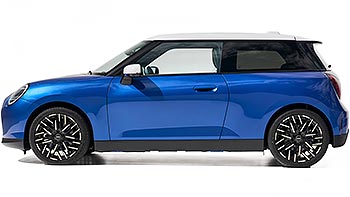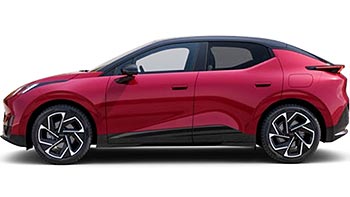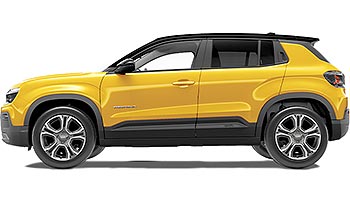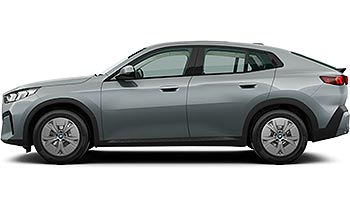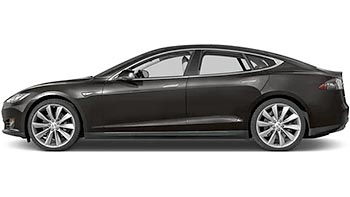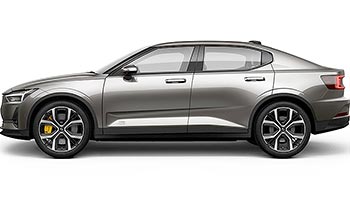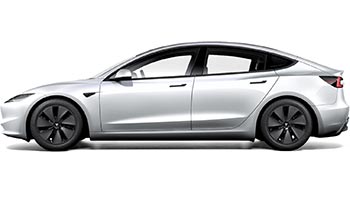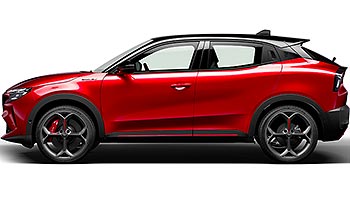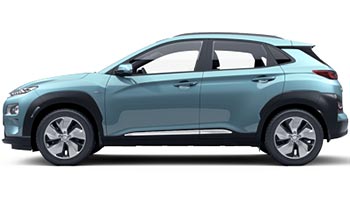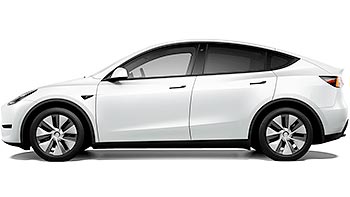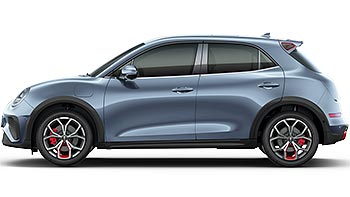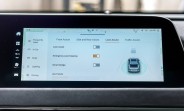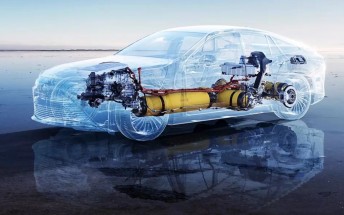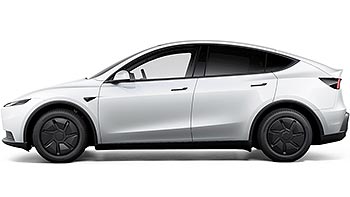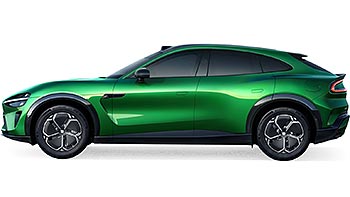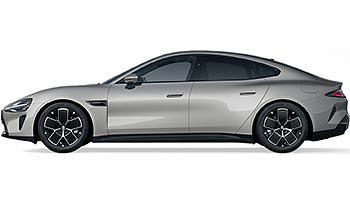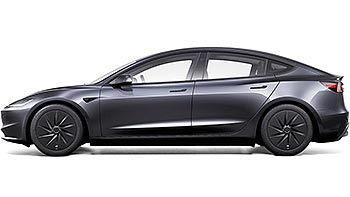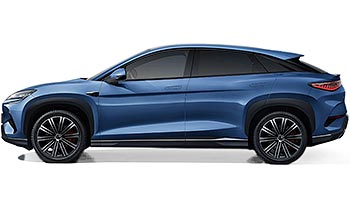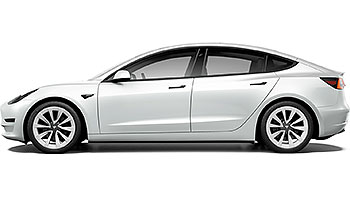2026 Renault 5 E-Tech review
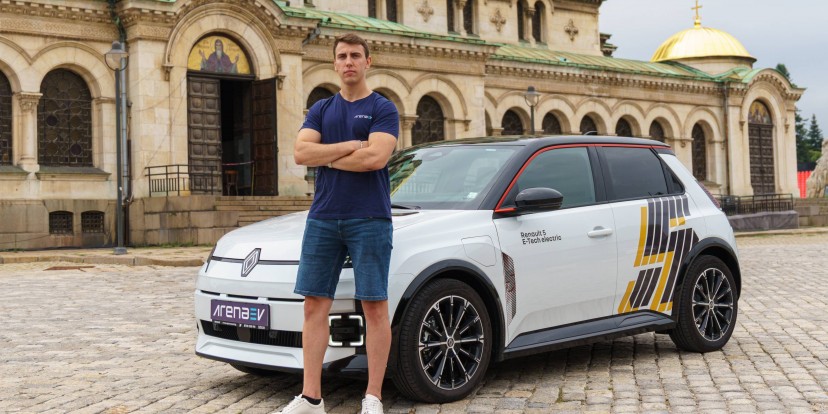
The Renault 5 was an urban lifestyle icon from the 1970s and 80s and many have fond memories of it to this day. Its Turbo variants became a rally icon and the regular models mobilized the masses thanks to their simplicity and reliability. The Renault 5 achieved legendary status over its two generations and 25-year production run.
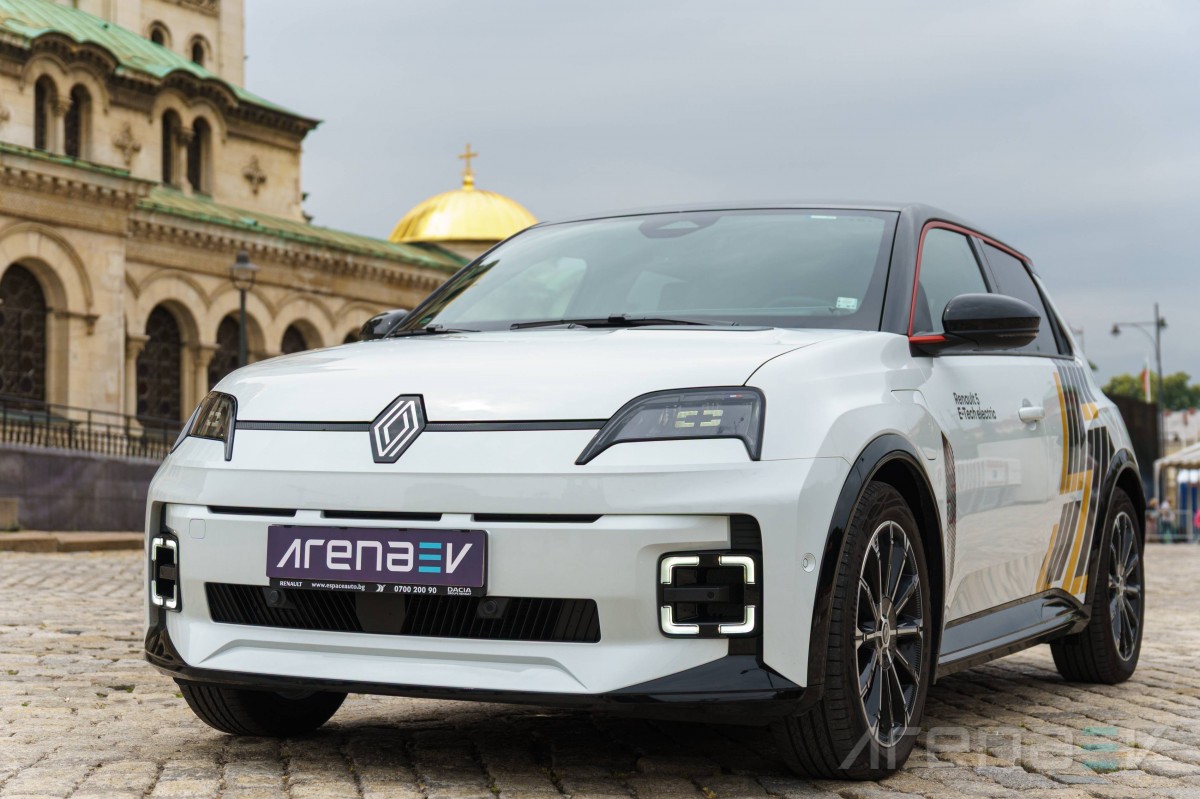
Table of Contents:
- Exterior
- Interior
- Storage & practicalities
- Driving experience
- Ride comfort
- Tech features
- Cabin noise
- Acceleration and braking
- Consumption
- Charging speed
- Competition
- Verdict
Now, almost 30 years after production stopped, Renault resurrected the "5" nameplate and given it an electric twist. Although the styling is similar, that is where all parallels with the predecessors end.
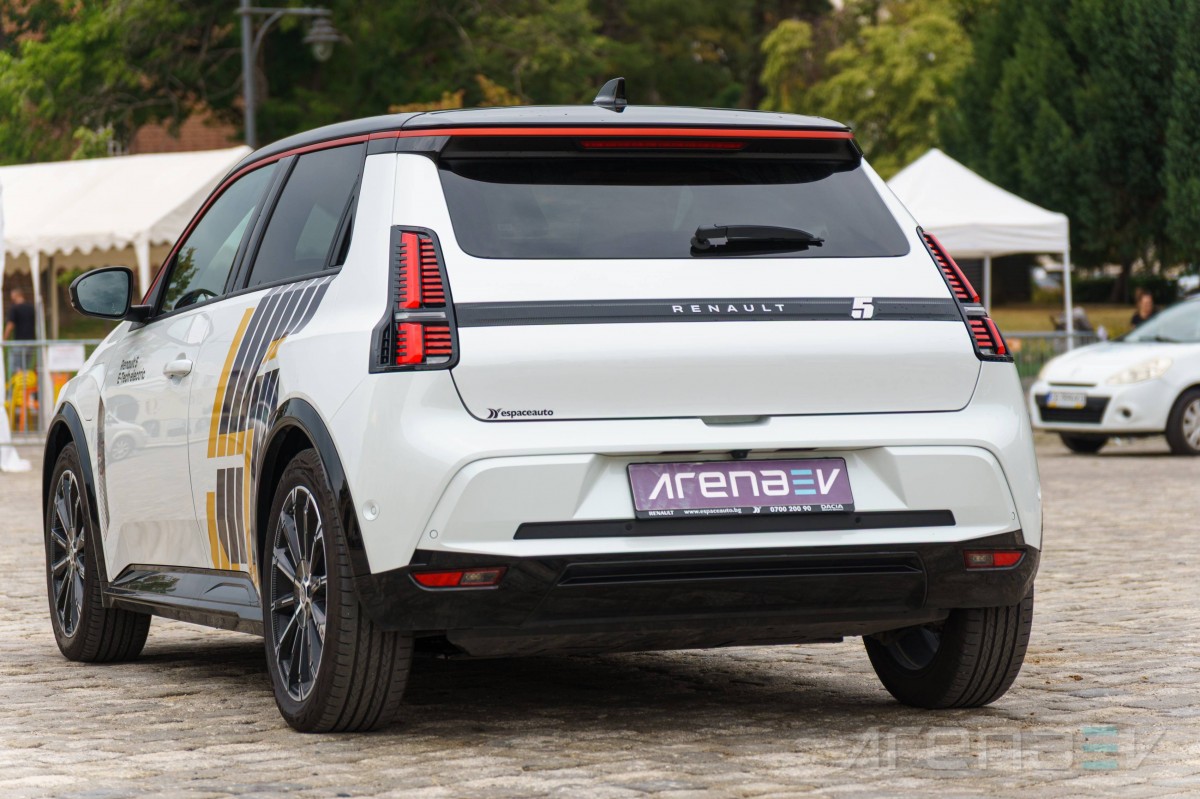
The new Renault 5 is a five door, electric-only, FWD hatchback that aims to make urban mobility fun and affordable, just like it did in the past. It relies only on electric motors and has a plethora of modern technologies onboard to make the driving experience modern and enjoyable.
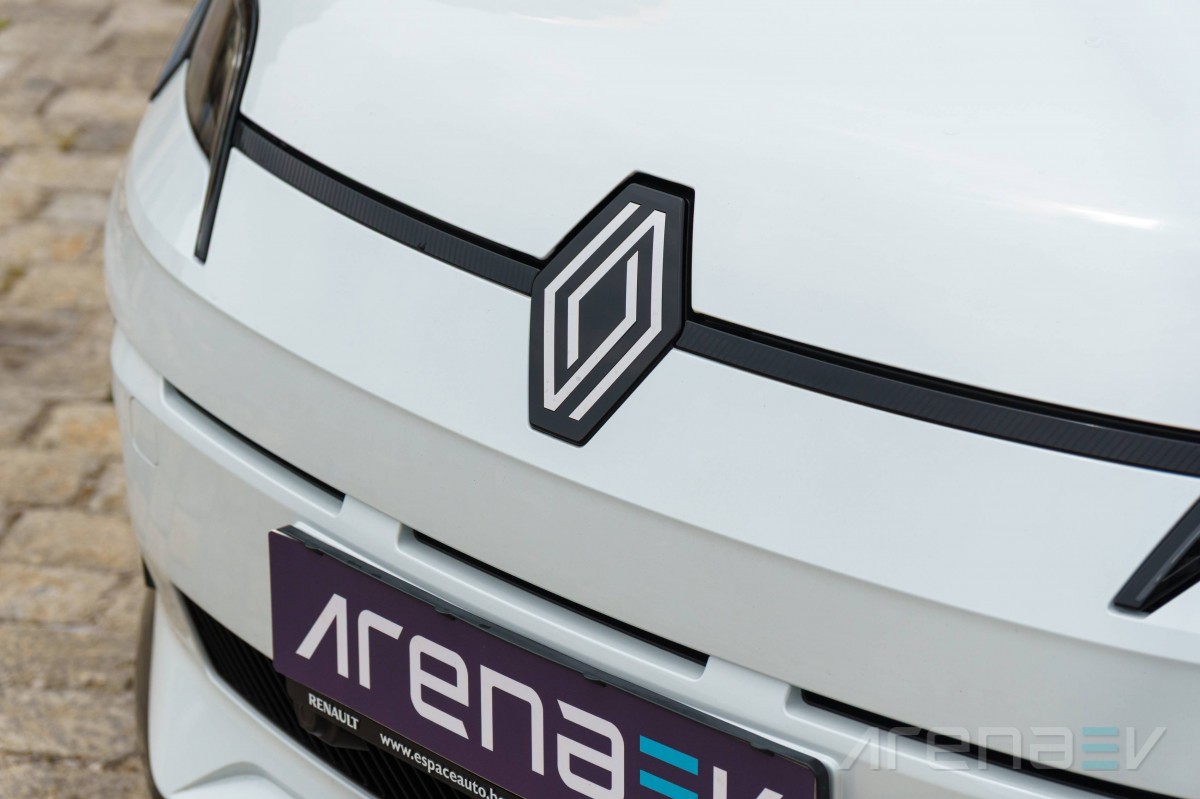
The model we are reviewing today is the Renault 5 E-Tech with the bigger 52 kWh battery and more powerful motor, delivering 150 hp to the front wheels. There is also the limited Renault 5 Turbo 3E RWD, but there are no AWD options for the time being. The trim of our test model is "iconic cinq," which offers all the options, except for some exclusive finishes, reserved for the top Roland-Garros version.
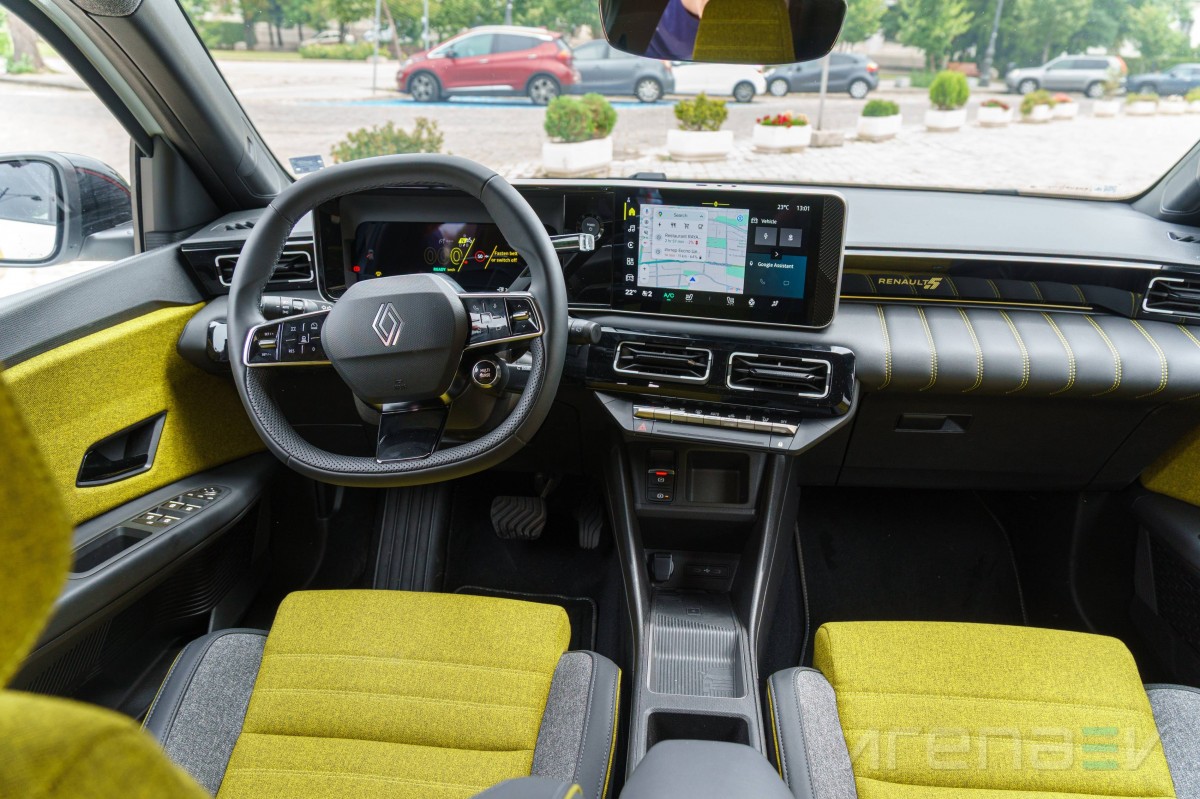
Whether or not the new Renault 5 will achieve the sales successes of its predecessors remains to be seen, but for now let’s see how well it does in the real world.
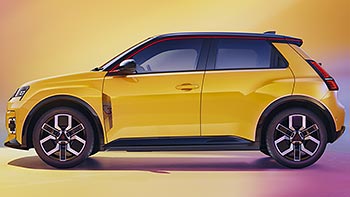
Renault 5 E-Tech 150 HP 52 kWh 2024 -
- Dimensions: 154.3 inches x 69.7 inches x 59.1 inches, 100 inches wheelbase.
- Drivetrain tested: 150 hp 52 kWh - FWD 110 kW (150 hp), 181 lb-ft, 52 kWh usable battery capacity
- Other drivetrains: 120 hp 40 kWh - FWD 90 kW (120 hp), 166 lb-ft, 40 kWh usable battery capacity
- Charging: 100 kW CCS
- Range: 255 miles WLTP
- Weight: 3,197 lb unladen
- Other features: V2L and V2G charging, Google services, OTA updates.
Exterior
The design of the new Renault 5 is going to be one of its key selling points. The boxy shape of its iconic predecessor has been kept, yet modernized. It has a simple, yet memorable profile and the familiar shape plays very well with nostalgia buyers.
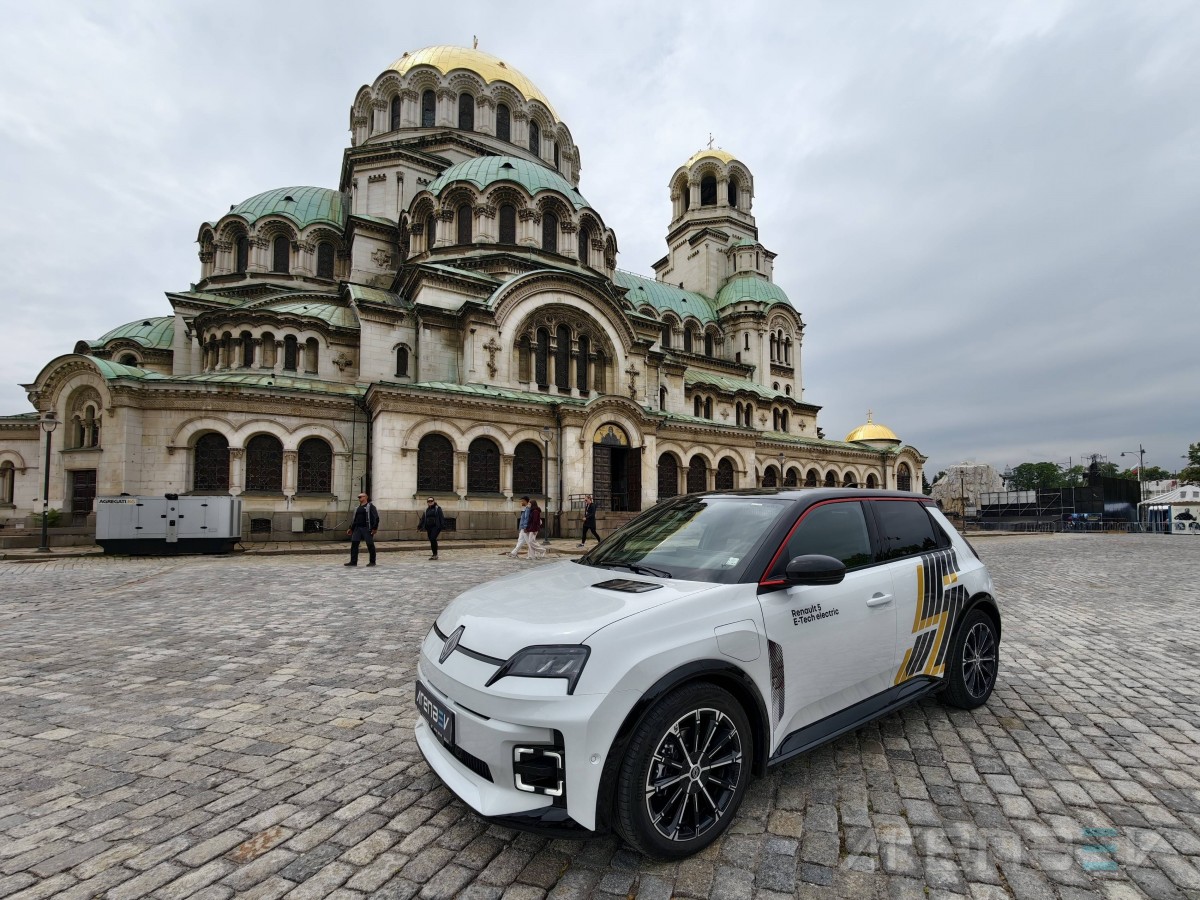
The front is stylish with a big emblem sitting prominently in the center.
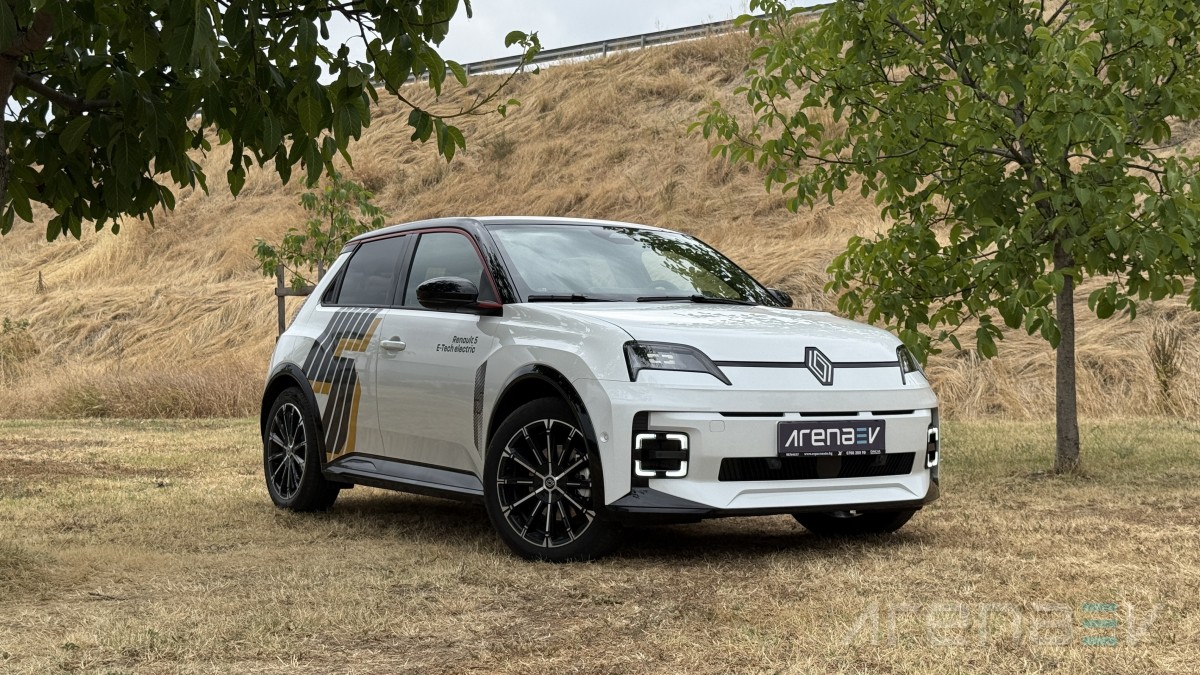
The headlights are square with little eyebrow-like edges for a sleeker look. Inside them is a fantastic demonstration of attention to detail - the French flag is printed on the housing.
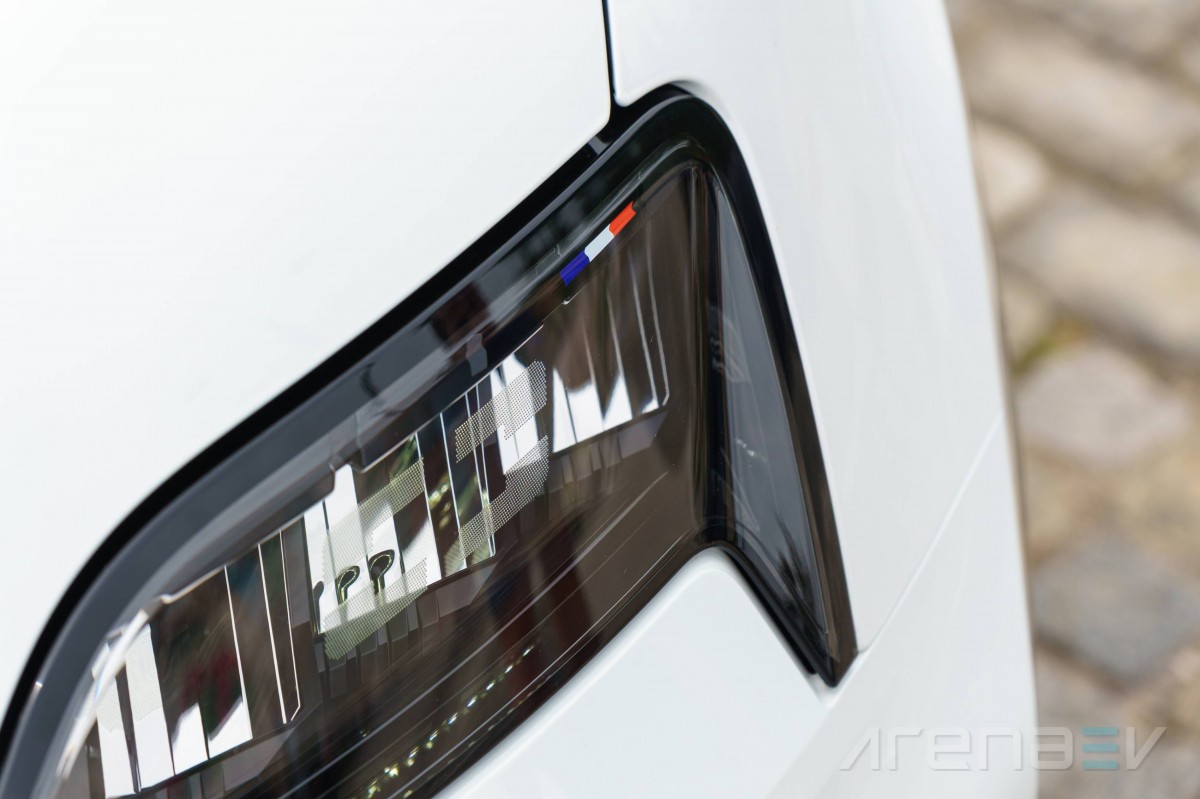
The daytime running lights are actually on the lower part of the front bumper and are little squared LED boxes that somehow look modern and vintage at the same time.
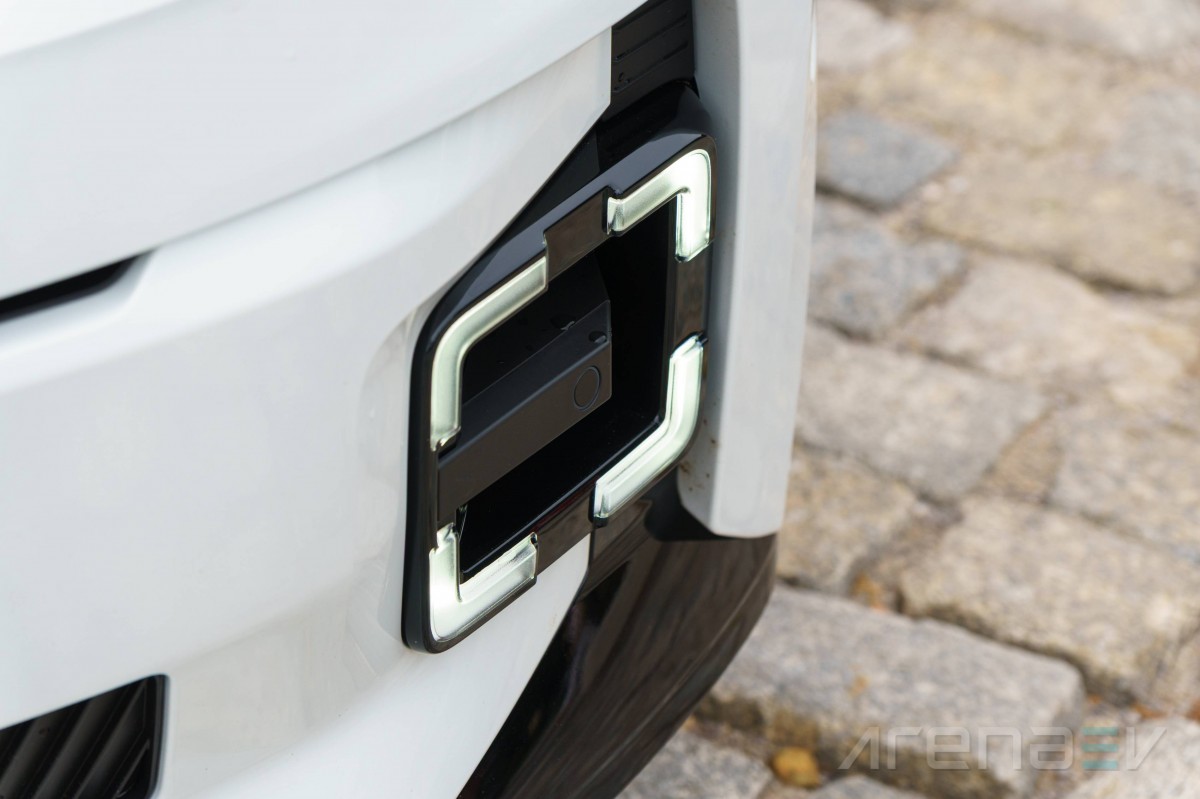
On top of the hood is a small LED bar that displays the state of charge when the vehicle is plugged in or is being used as a power outlet. It is styled as the number 5 and the panel the air intake of the original 5s.
The side profile resembles the wedge shape of the early models, although the car is now significantly bigger in all dimensions. Still, in current terms the Renault 5 still passes as a subcompact model and fits in every major urban setting.
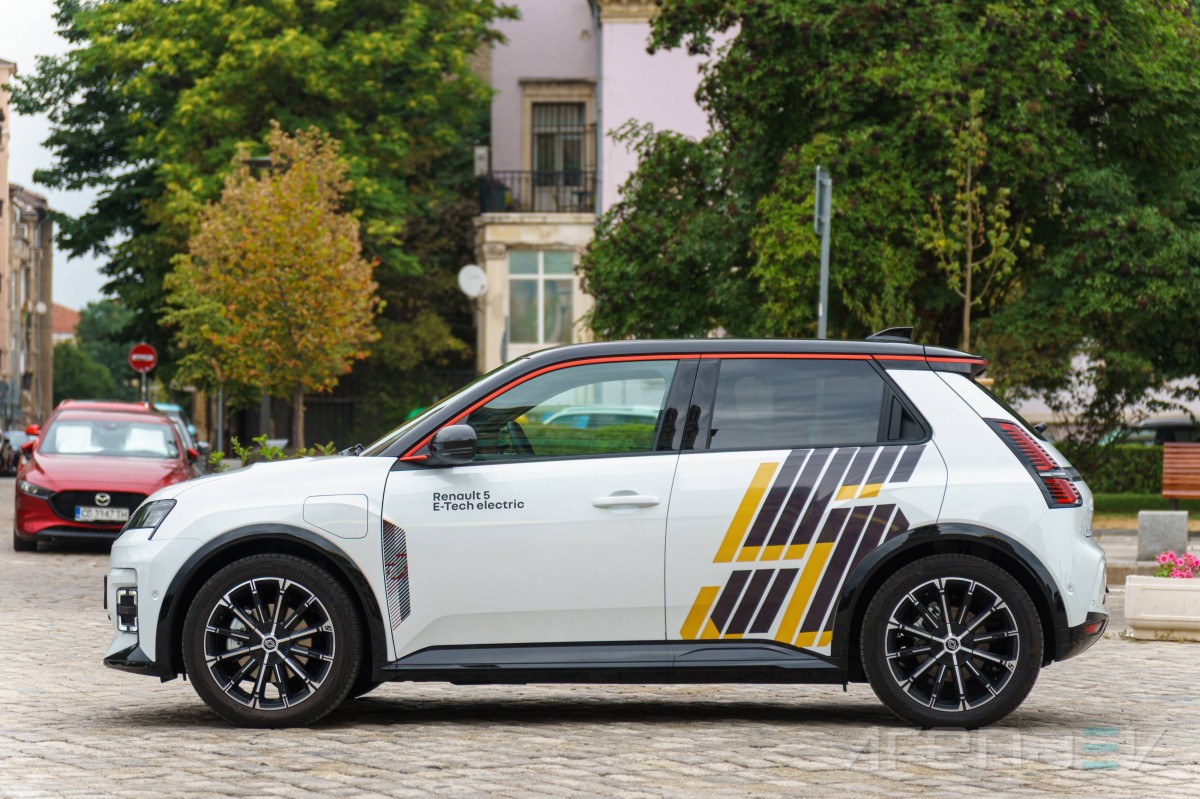
Behind the front wheel arches is a decal, which is customizable and you can select the one you think will best suit your 5. The rear door of our test model has a similar decal, but this is not a factory option and was installed by the dealer instead.
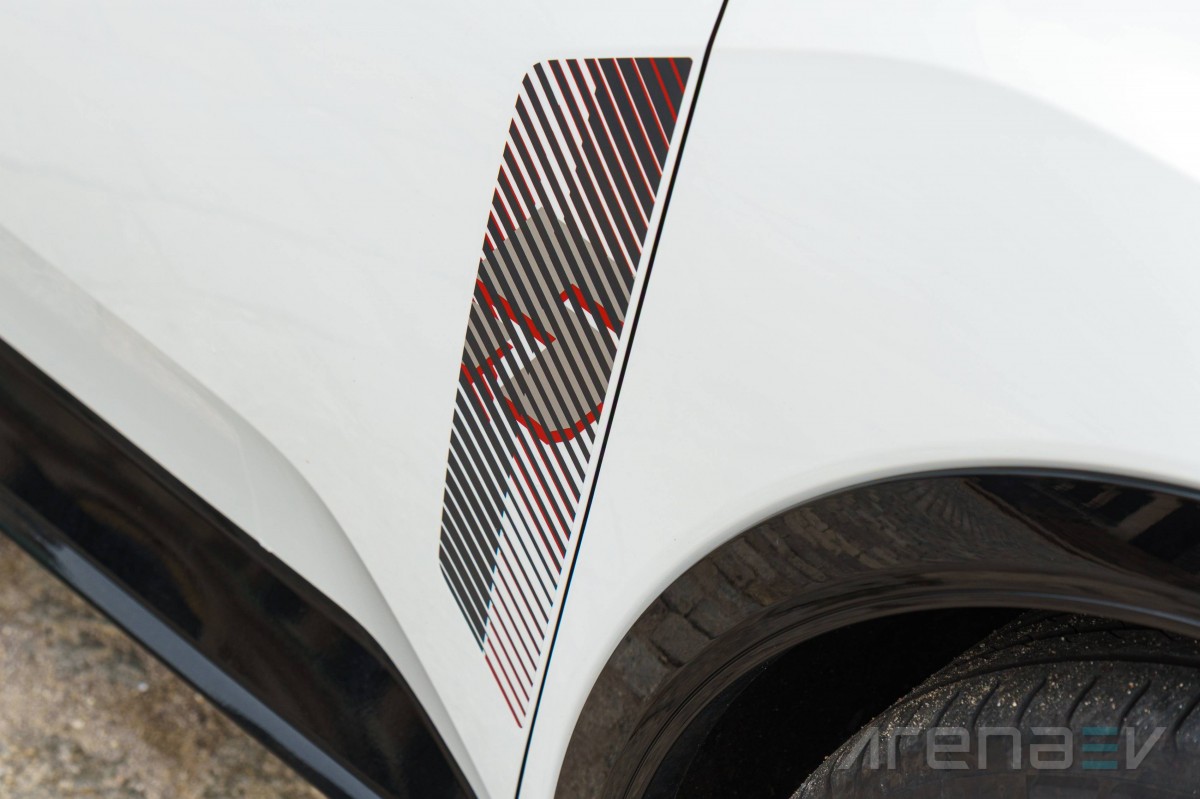
The rear doors have a handle on the upper part of the door, blending with the roof line and making the exterior look less cluttered. It looks like a two-door model even though the Renault 5 isn't actually offered as one.
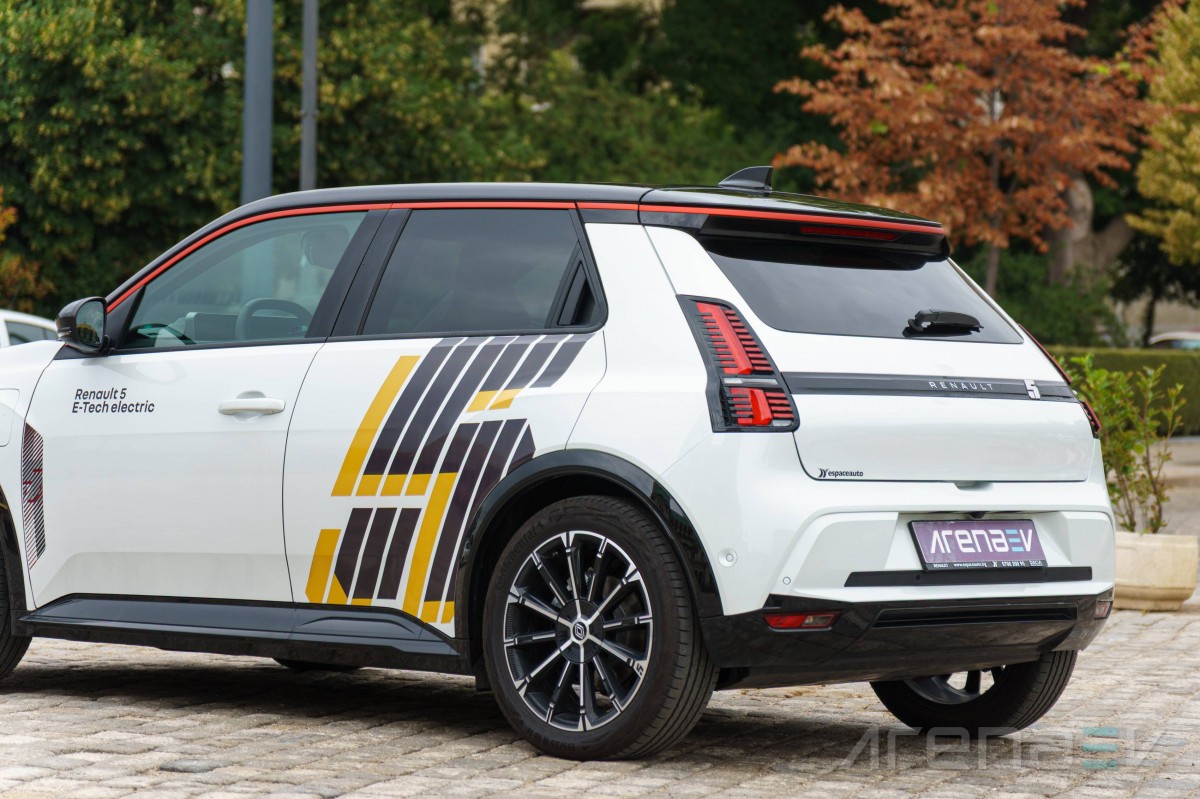
The fenders are slightly flared and are colored in black for better contrast. This gives the 5 a bit more of a rugged look.
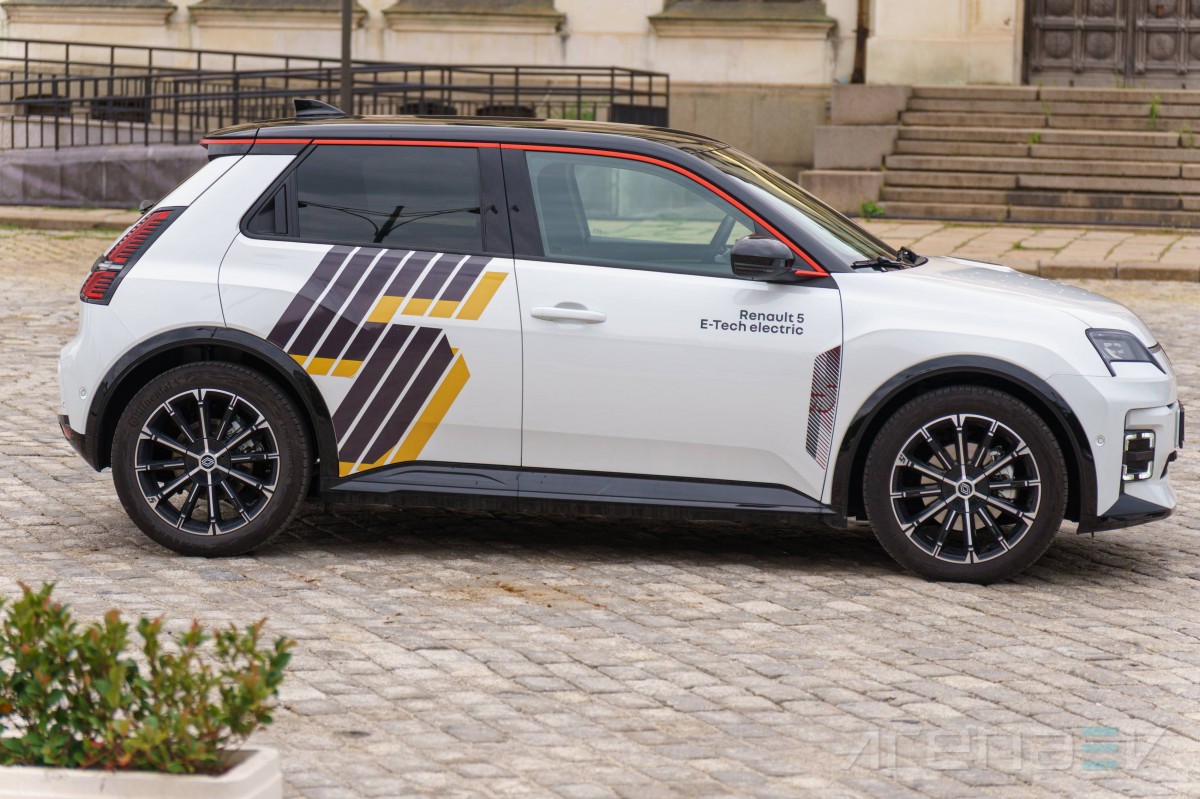
The wheels of the Renault 5 are quite excessive 18 inchers and are offered in several different designs. The set on our test vehicle is called Chrono and is tied to the trim level "iconic cinq."
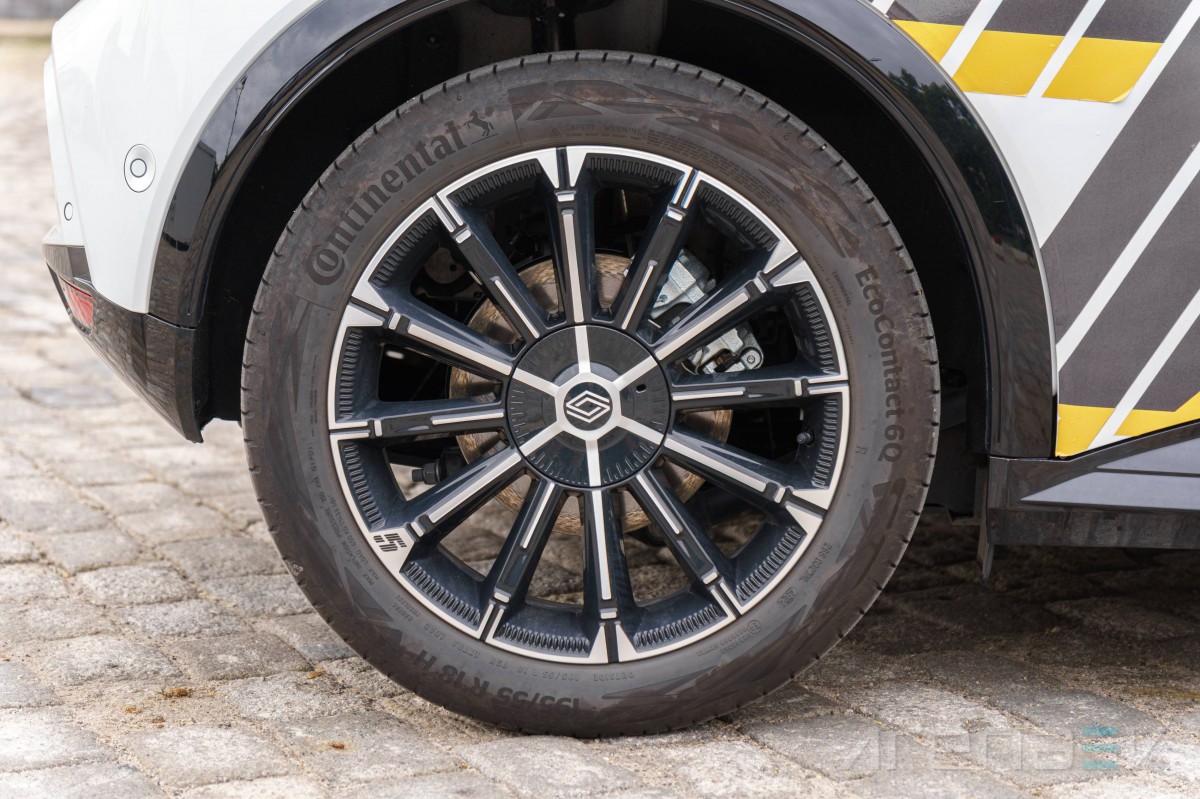
The rear end of the new 5 is once again very reminiscent of its predecessor of yesteryear. It is slanted in the back with a clean look and narrow taillights. These resemble the ones used in the Turbo models of the past, yet their "vents" only serve a decorative purpose.
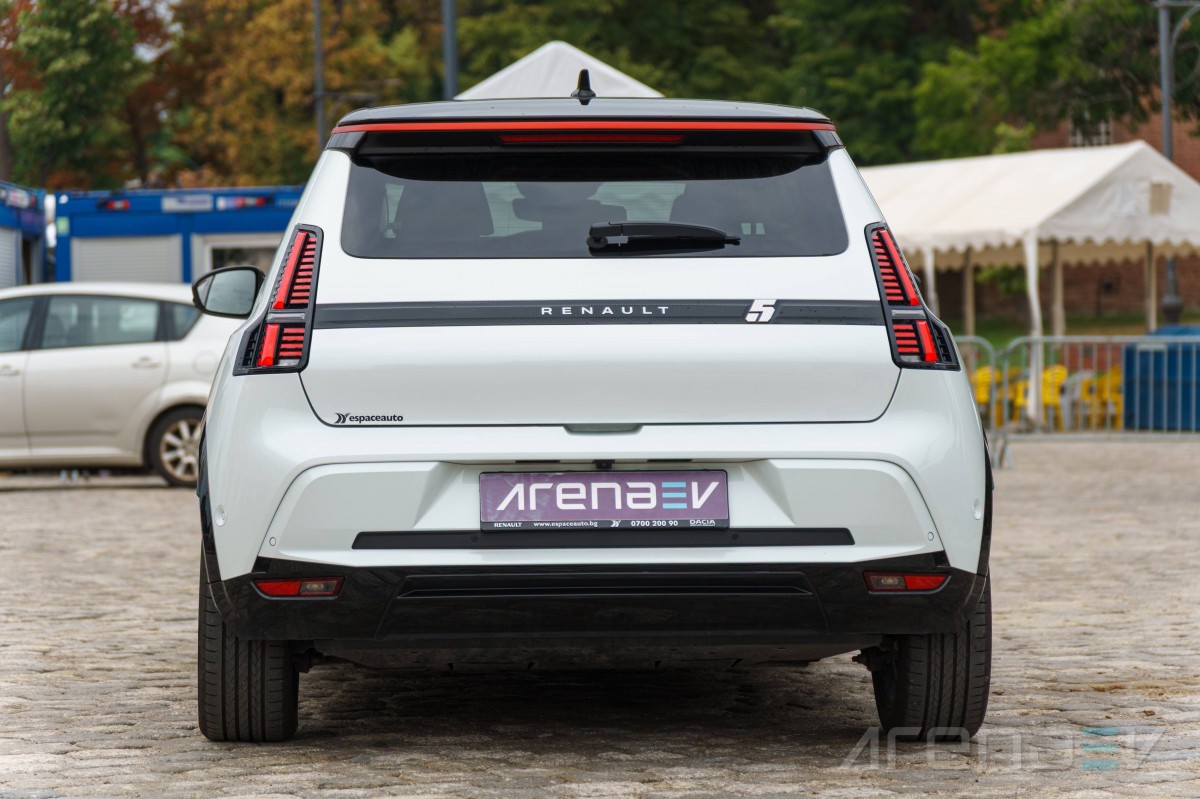
Because of modern safety regulations the Renault 5 has lost its signature giant rear window, which required the addition of a tiny line underneath. It has "Renault 5" written over it, but just like the original, there is no Renault logo anywhere around the back.
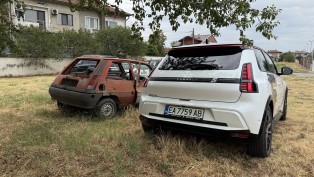
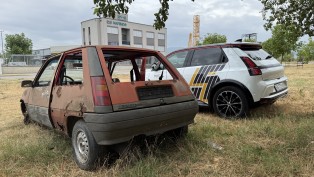

This is what most of the original models looking like today.
Interior
Inside the Renault 5 is obviously very different from its ancient inspiration. The new 5 is a modern vehicle with fresh styling and lots of on-board technology. However, there is a clear throwback with the boxy overall shape with lots of angles to continue the theme from the outside.

The quality of materials is good for the price point. They are also excellently put together with no squeaks and rattles, which gives the feeling of an even better interior. It is definitely a high-point of the Renault 5 and distinguishes it from rivals who incorporate a plethora of cheap hard plastics.
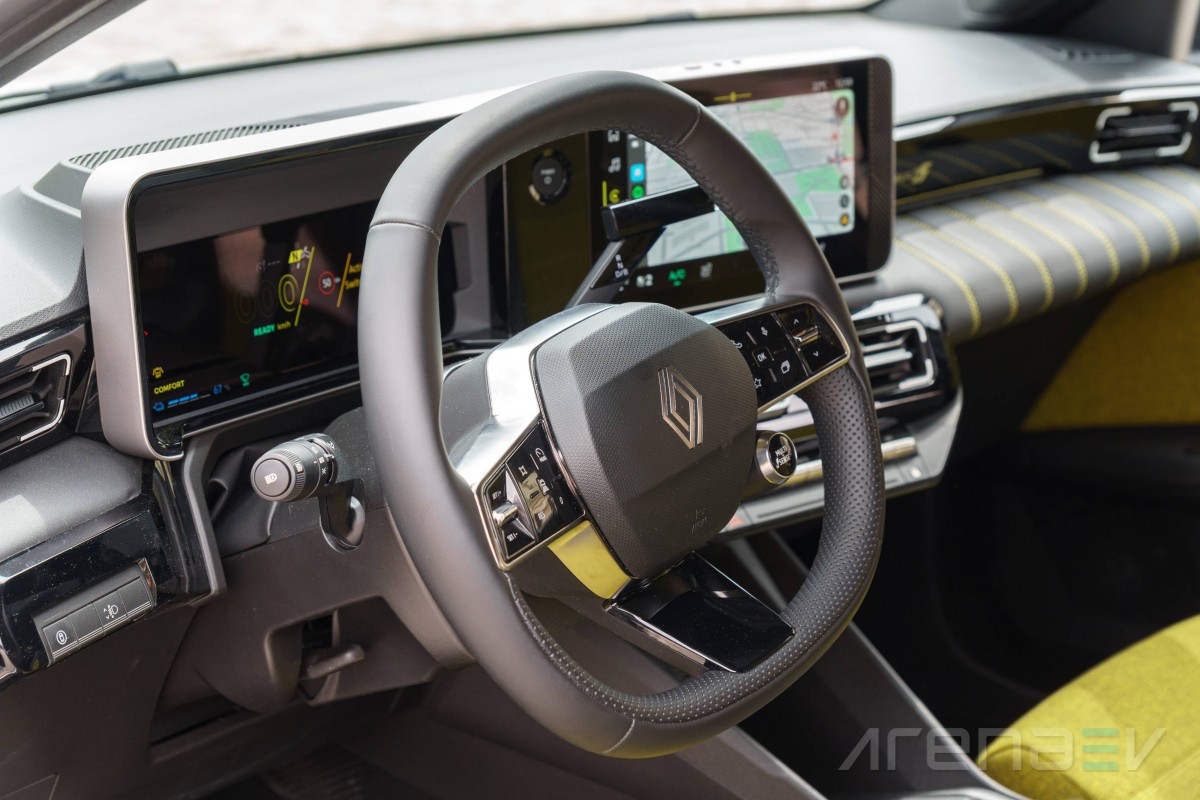
Once you enter the 5 you are greeted with a colorful interior (on most versions, subdued options still present) and a big steering wheel. It is flattened both on the bottom and the top, making it that much harder to the edges of the dashboard when maneuvering. It is nice to look at, though.
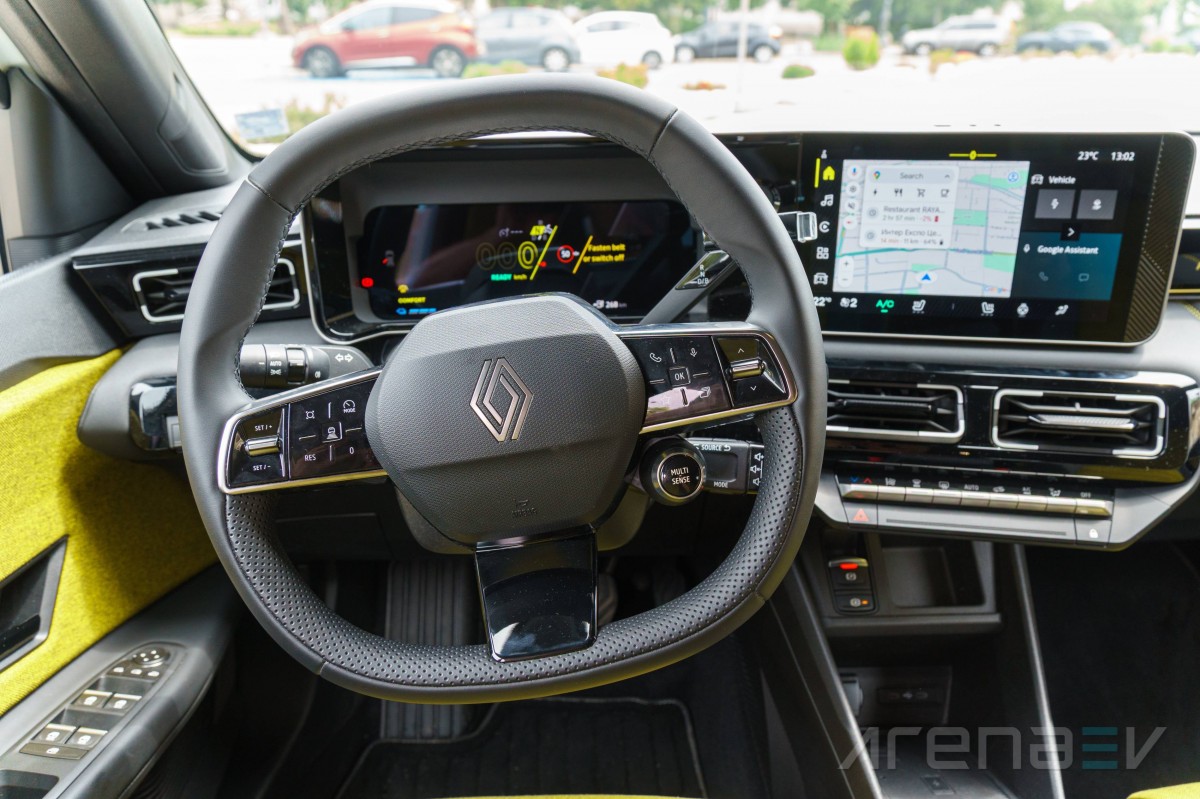
On the steering wheel itself are buttons to control the driver's display and the autopilot features. There is also a small button on the lower right part, which changes the drive modes.
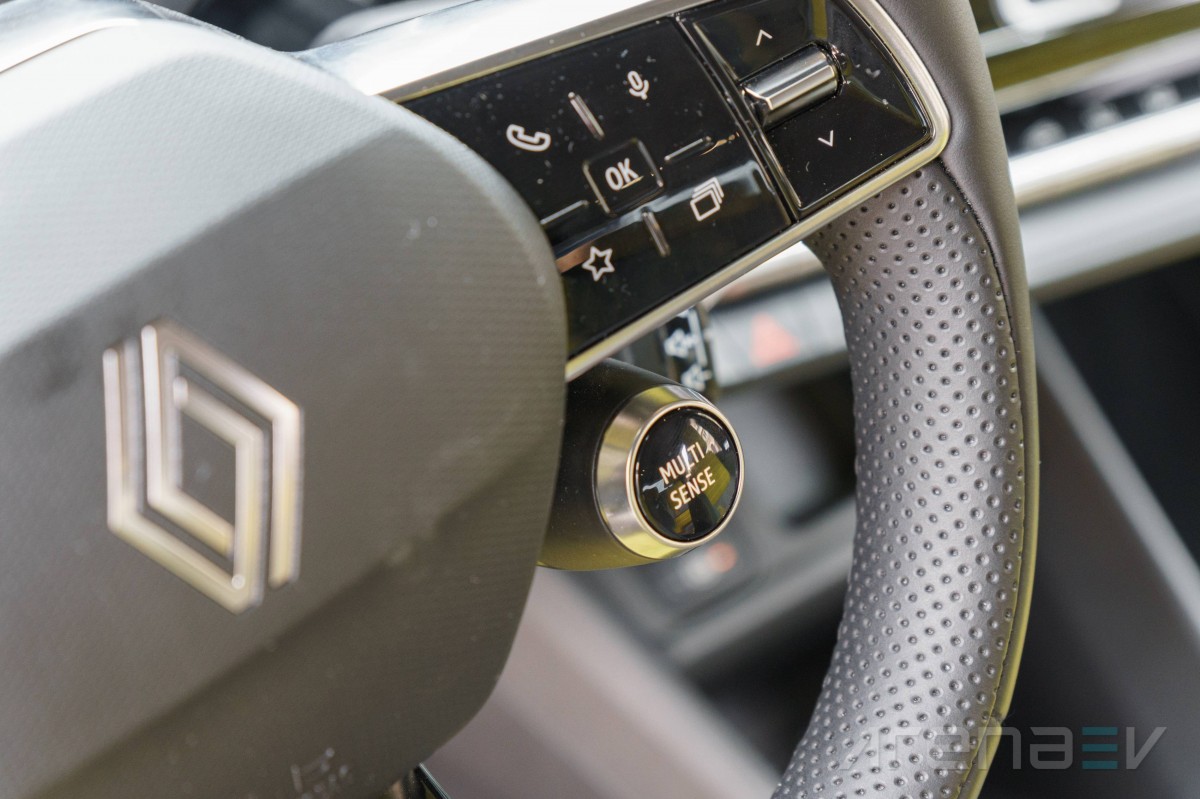
Renault still does the audio controls on a separate stalk to free up space on the wheel. It is a smart integration it has been doing for over 30 years now. The initial operation with it feels awkward if you are coming from a different brand, yet it gets very intuitive and convenient once you get used to it.
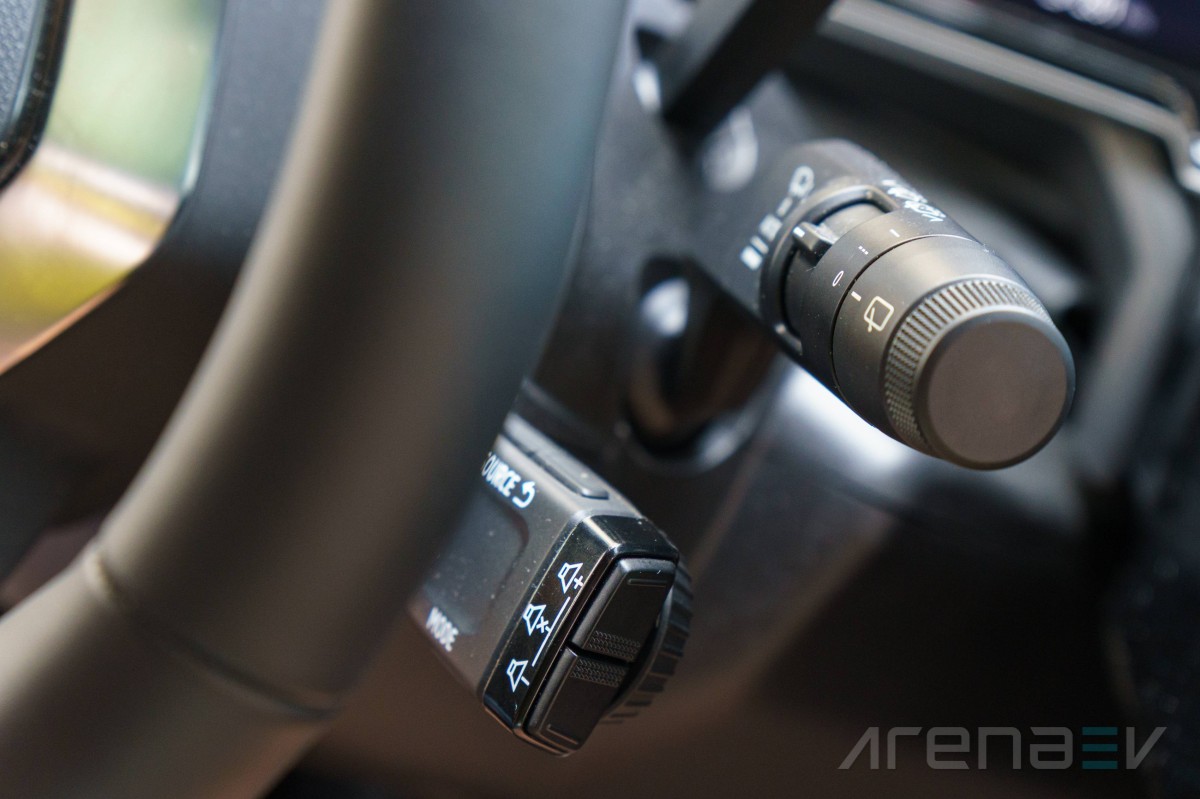
Said audio controls bring the total number of stalks on the Renault 5 to four. Three on the right side and one on the left. Some manufacturers combine those features in a better package to eliminate clutter, but the practicality of Renault's solution is undeniable.
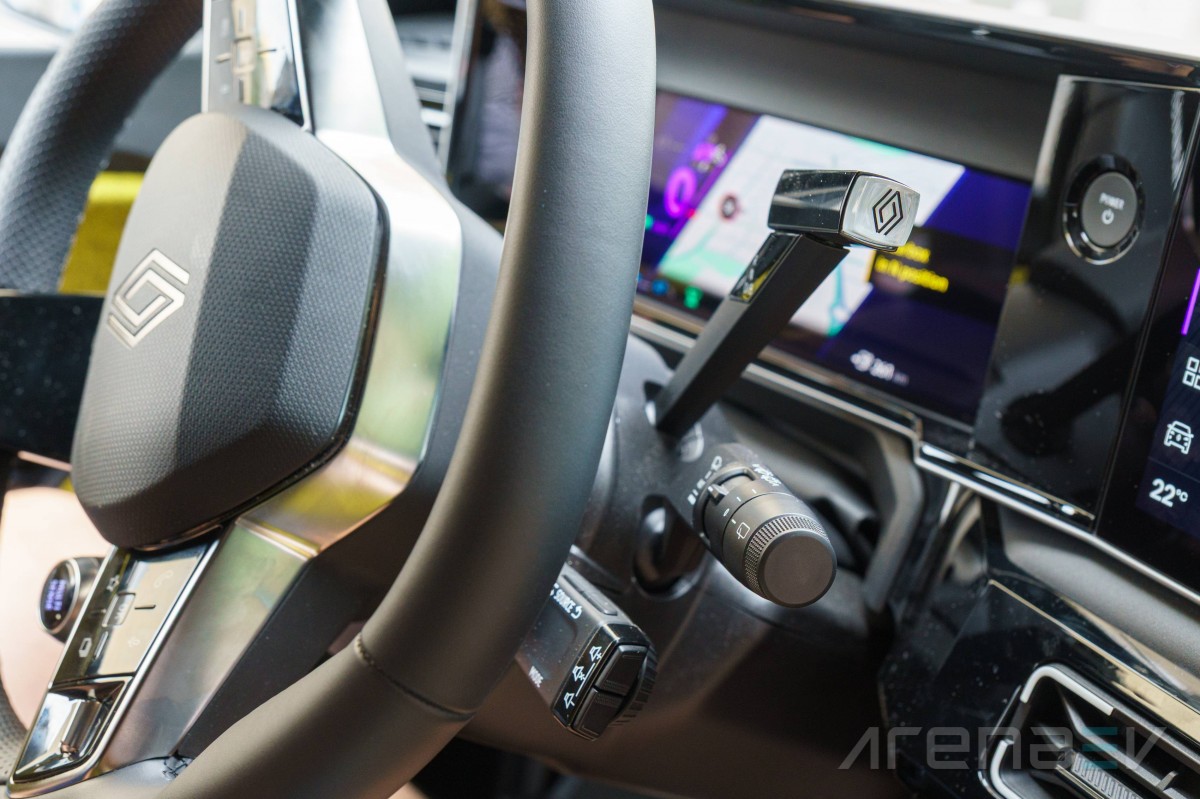
The upper stalk on the right of the steering wheel is the gear lever, which feels very solid. It is also customizable and Renault lets you choose from five different designs, which is really unique in the segment. Ours is the most subtle one, with the others being more colorful and flashier.
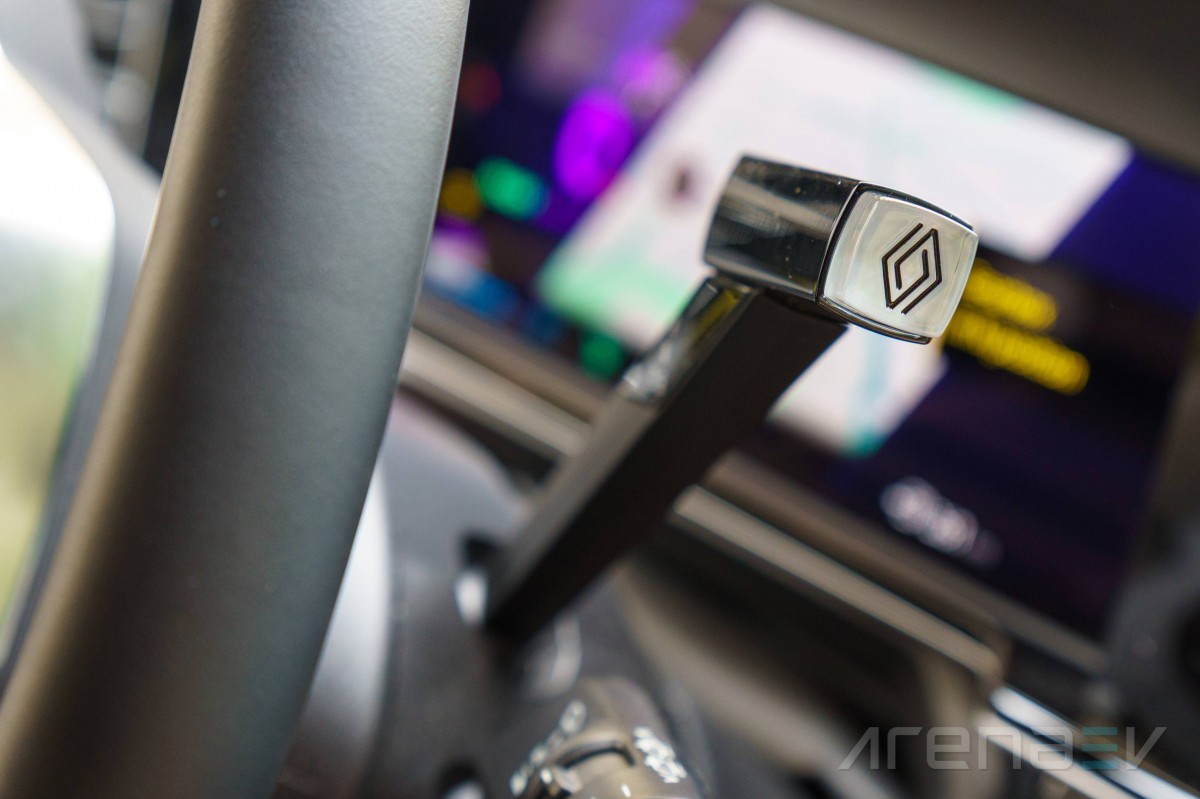
Behind the many stalks is the 10" driver's display. Lower trim levels get a 7" version with less information displayed. It looks modern with some 80's videogame-style graphics as another cool throwback to the original Renault 5. It should be noted that although looking great and offering lots of customization, the driver’s display is very laggy and takes a significant amount of time to load new information.
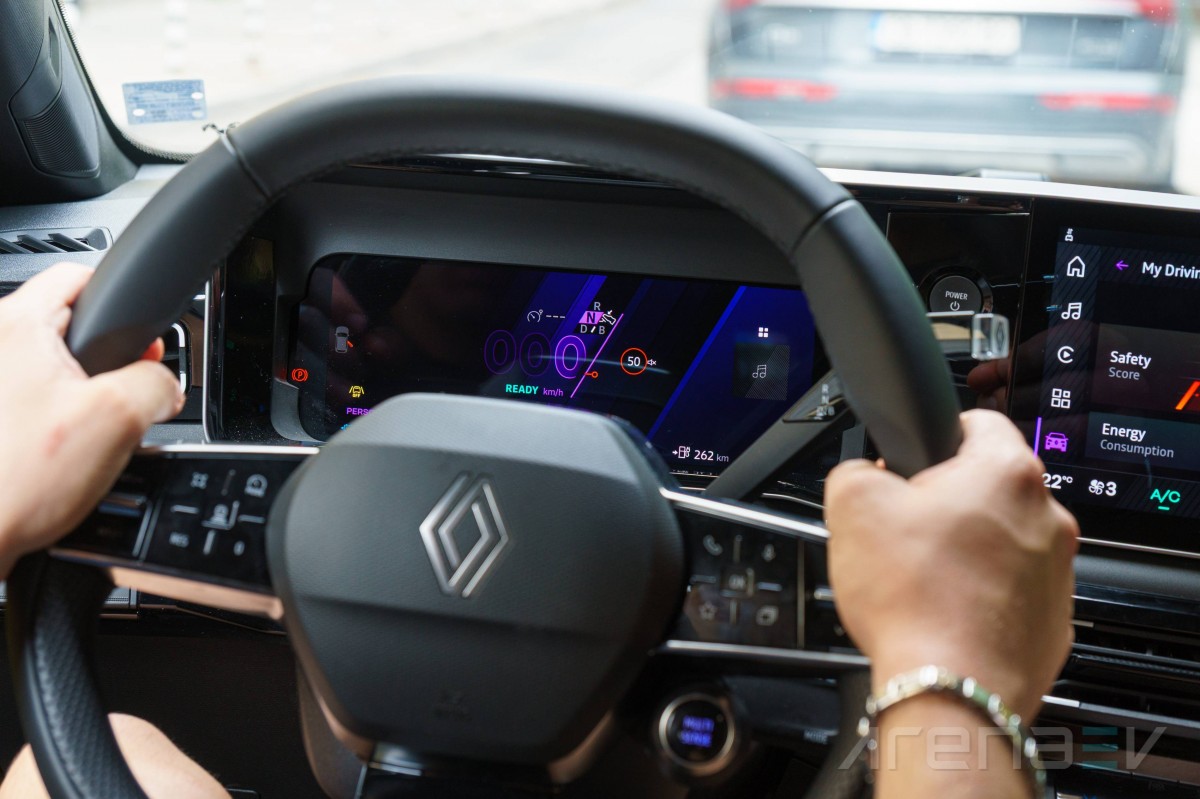
Directly next to it is the center display, which also measures 10" and is responsible for operating the majority of the car’s functions. It isn’t laggy like the gauge cluster and has great image quality, while the openR link operating system with integrated Google services is easy and intuitive to use.
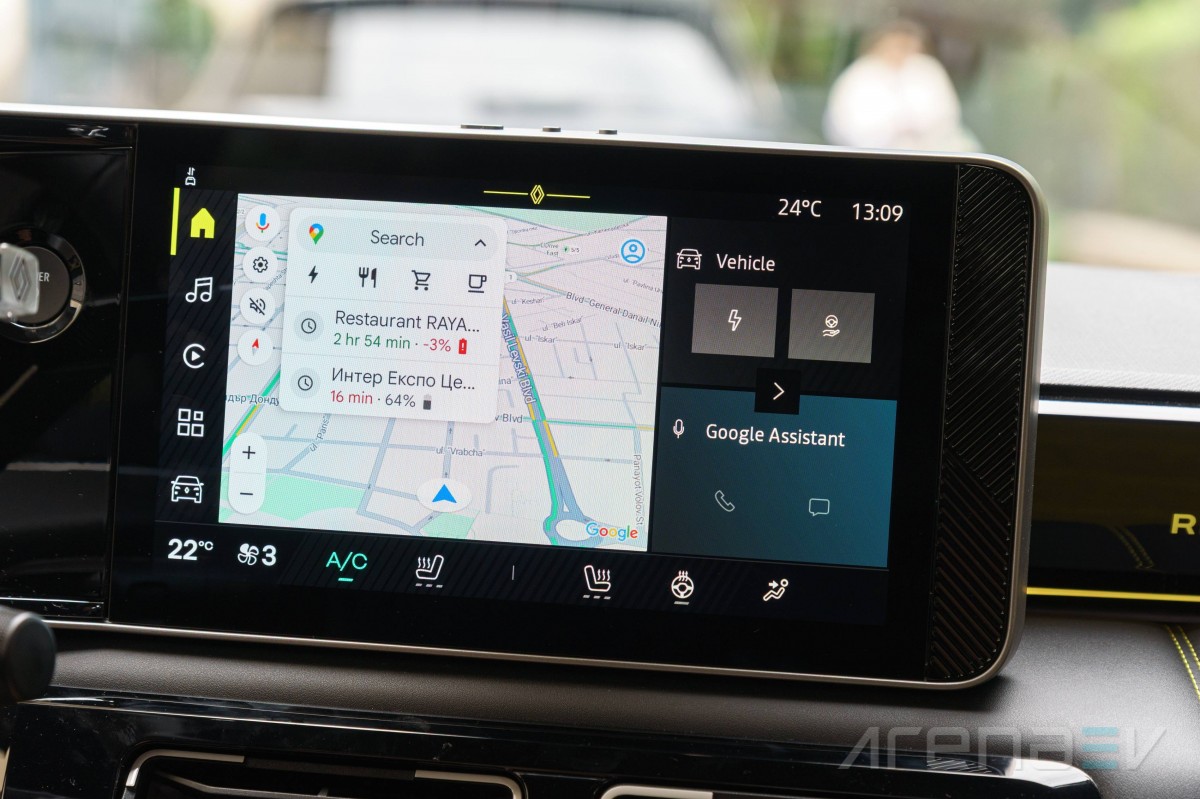
The passenger side of the dashboard is unlike most vehicles as it's used as a design element. The upper part is a big monolith piece that lights up based on the ambient light setting, whereas the lower part is a soft rubbery material with stitches all over that looks and feels great.



The passenger-side dashboard lights up to complement the design.
Underneath the center display are two huge air vents and under them is the control panel for the air conditioning. It is great that Renault still allows its customers to easily adjust those settings with dedicated keys and doesn’t incorporate them into the screen.
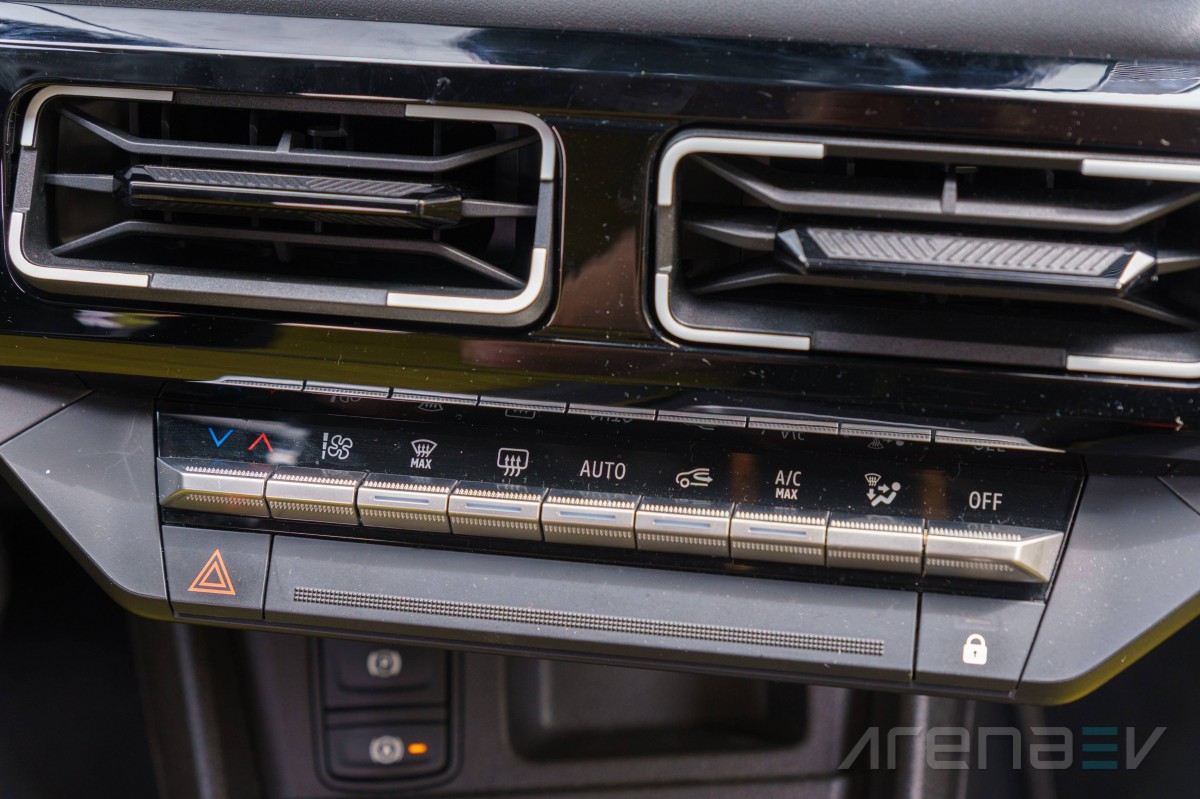
The center console incorporates multiple storage pockets in various sizes. There is a wireless charging pad there, as well as USB-A, USB-C ports and a cigarette-style socket. There are also graphics printed depicting the old-school 5 on top and the new model more visibly at the bottom.
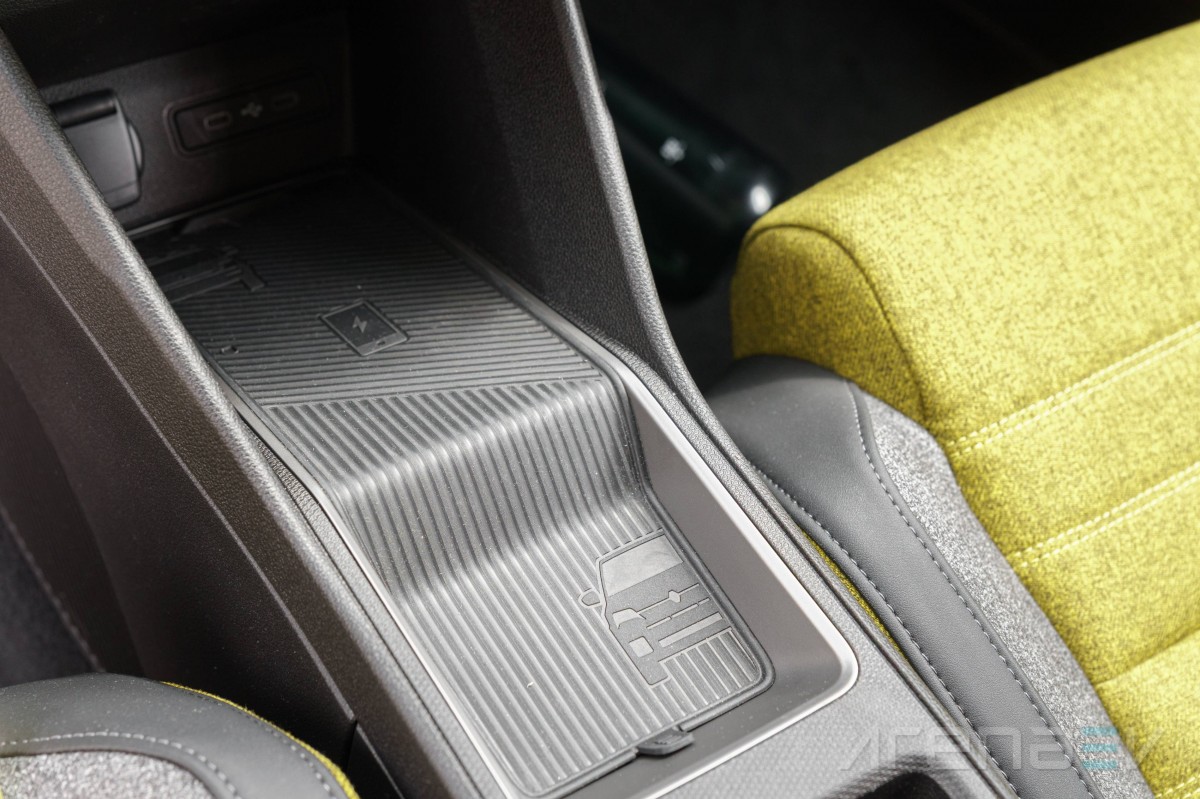
The cup holders are located directly underneath the armrest, making it impossible to fit big cups or bottles inside them. Even worse is their square shape, rendering them useless for most drinks and turning every corner into a spillage hazard.
The seats of the Renault 5 are just what should be in a car like that - they look great, offer sufficient side support, while maintaining plenty of cushioning for better comfort. Their fabric upholstery is perfect for the hot summer weather. The manual levers are easy to use but not as convenient as electric ones would’ve been. You can optionnally equip the driver's seat with a lumbar support.
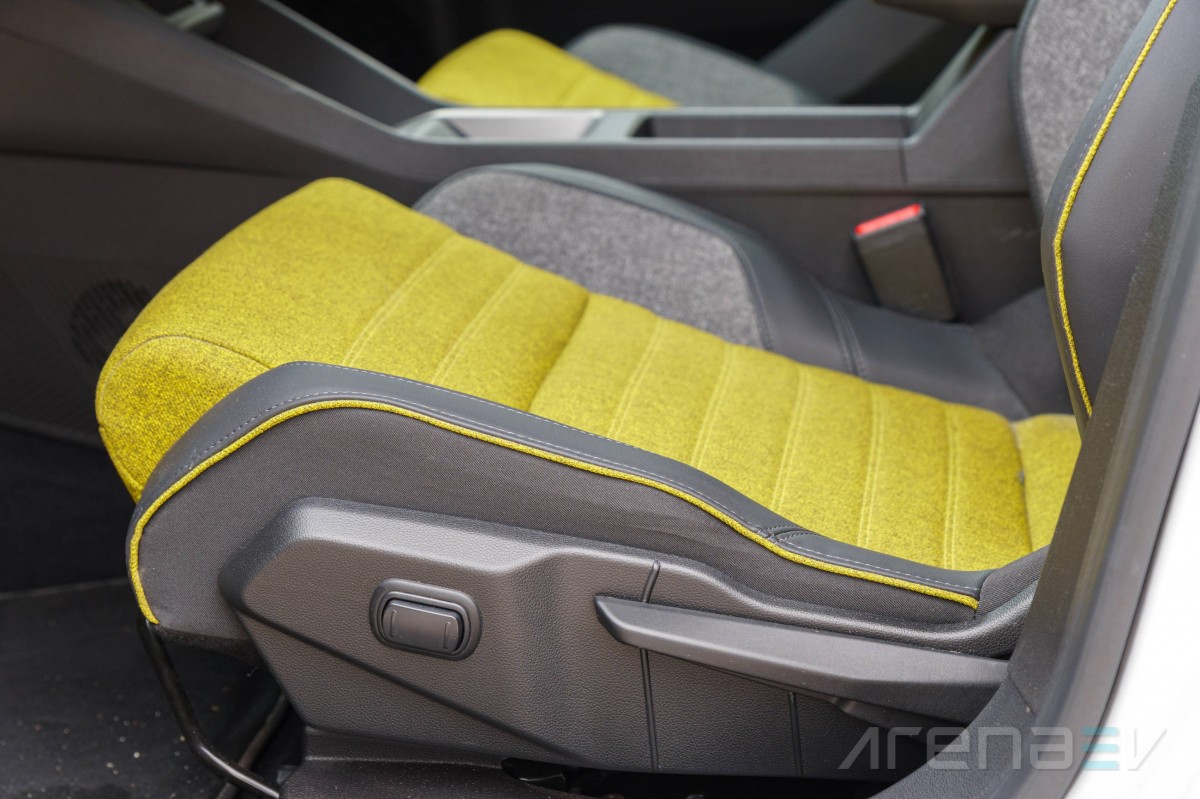
Sadly, there is no sunroof or panoramic roof even as an option, which would have made the interior feel more spacious.
The second row offers a generous amount of space for a small vehicle. The Renault 5 has no frills around the rear seats, but the fact they are usable is good enough. Even our reviewer, who is 1.95 m (6'4") tall, fits behind the driver's seat adjusted for a person of the same size. With shorter driver and passenger, travelling will truly be comfortable for 4 adults in the Renault 5.
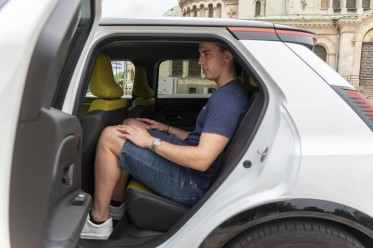

Not the greatest fit for taller passengers but still great for the size!
A benefit of having four doors is that a child seat is easy to install and access. We got lucky that the test vehicle had one and we can show you that even a rotating child seat fits in the rear seats of the 5. Granted, the front seat will have less space but is still an impressive feat.
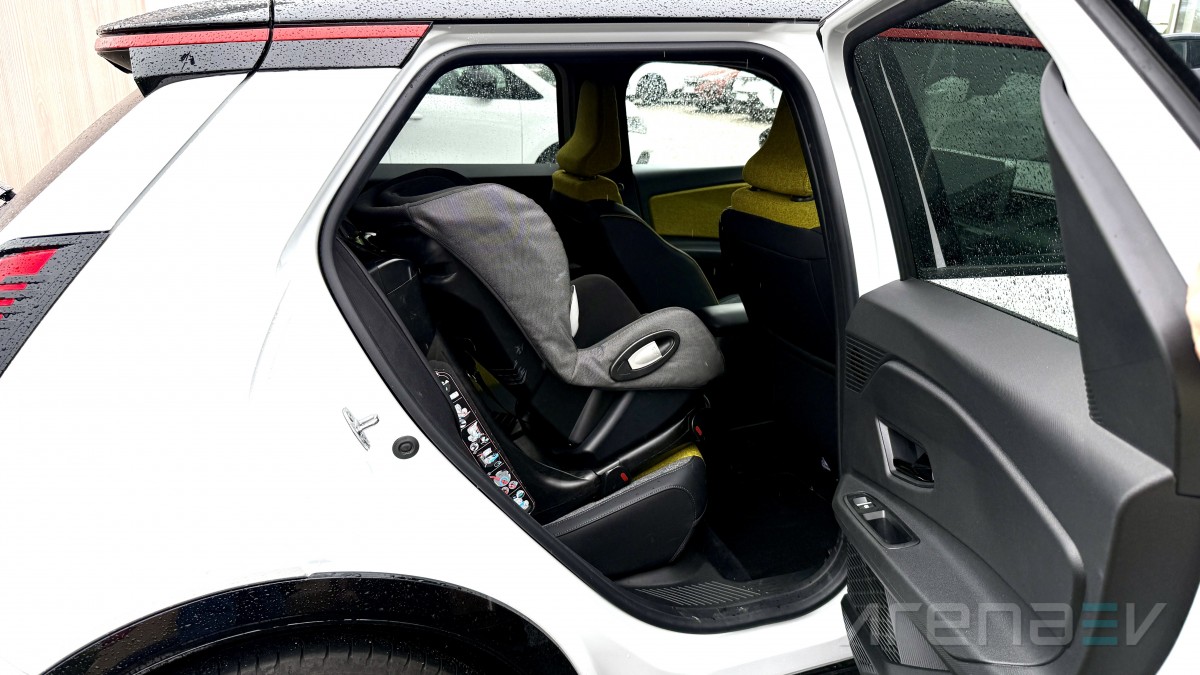
Storage & practicalities
As a small car we don't expect wonders from the Renault 5 in terms of storage space. With 11.5 ft³ of trunk you can only put so much stuff before you run out of space.
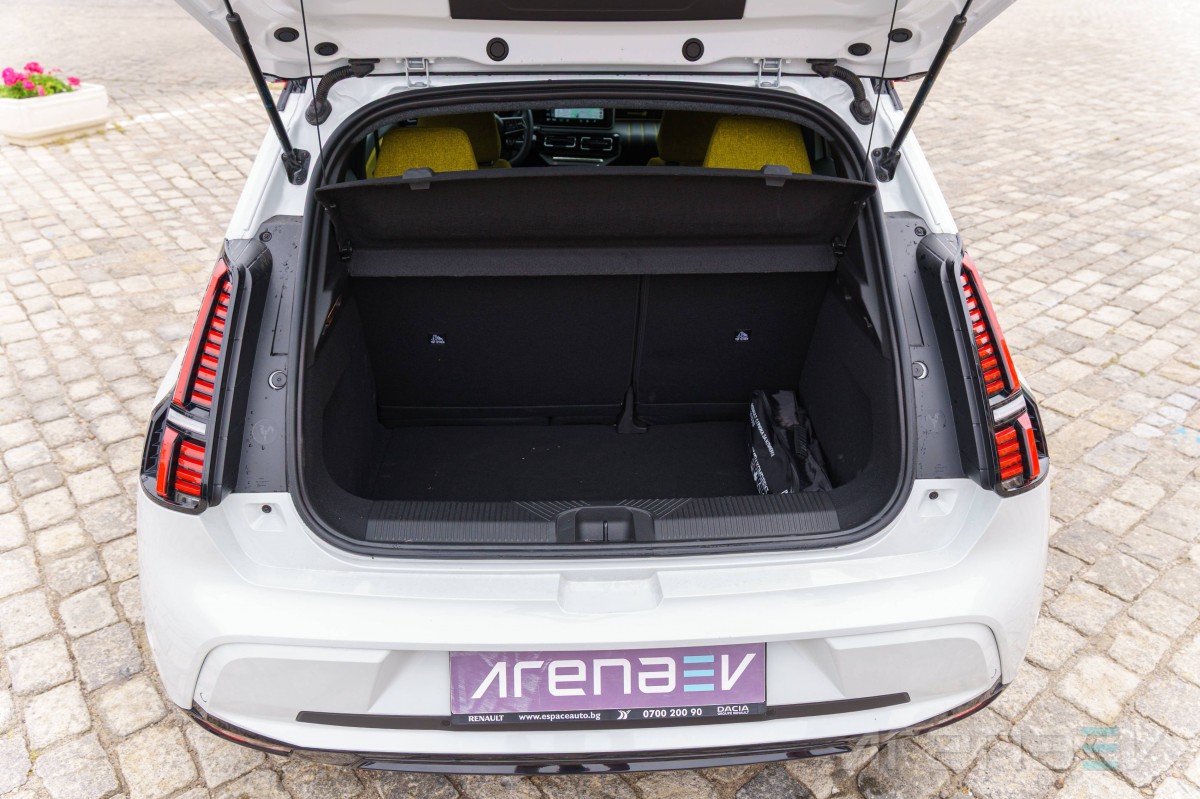
There is a rooster symbol on both ends of the trunk to emphasize the Frenchness of the Renault 5.
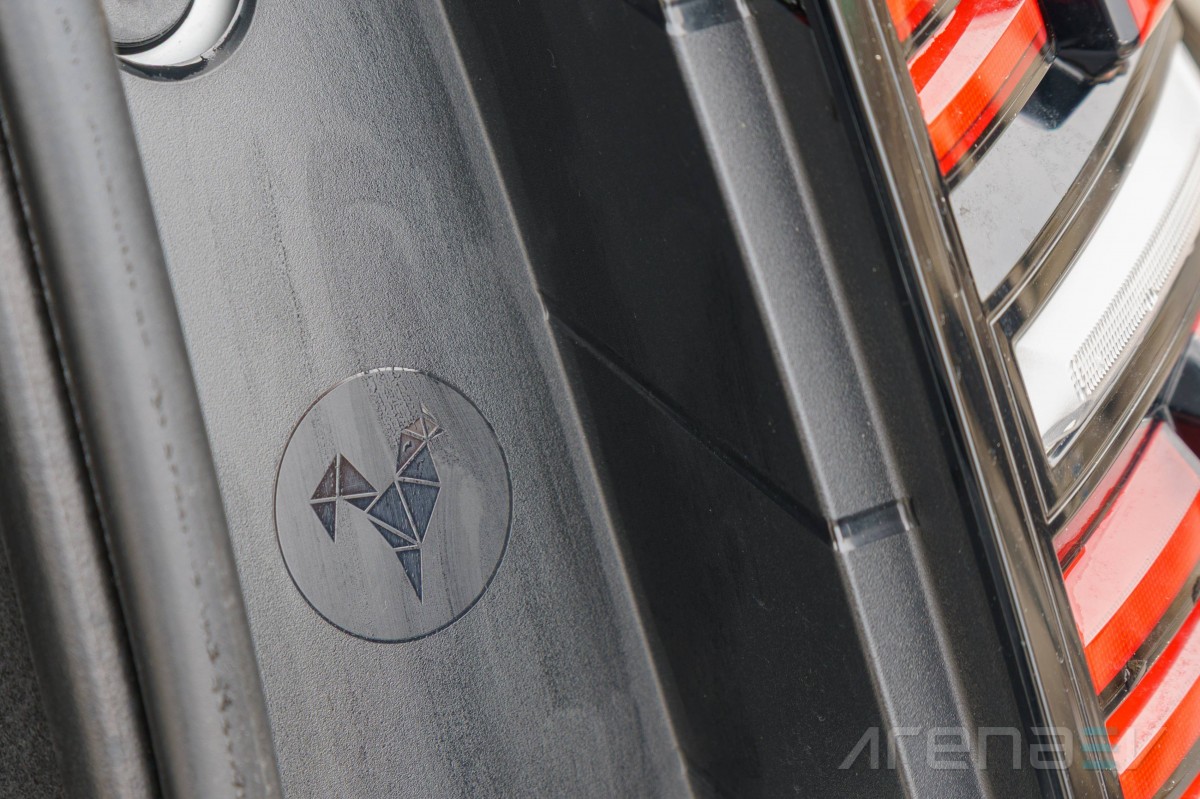
There is a bit of extra space underneath the main floor, allowing you to store the charging cables out of sight.
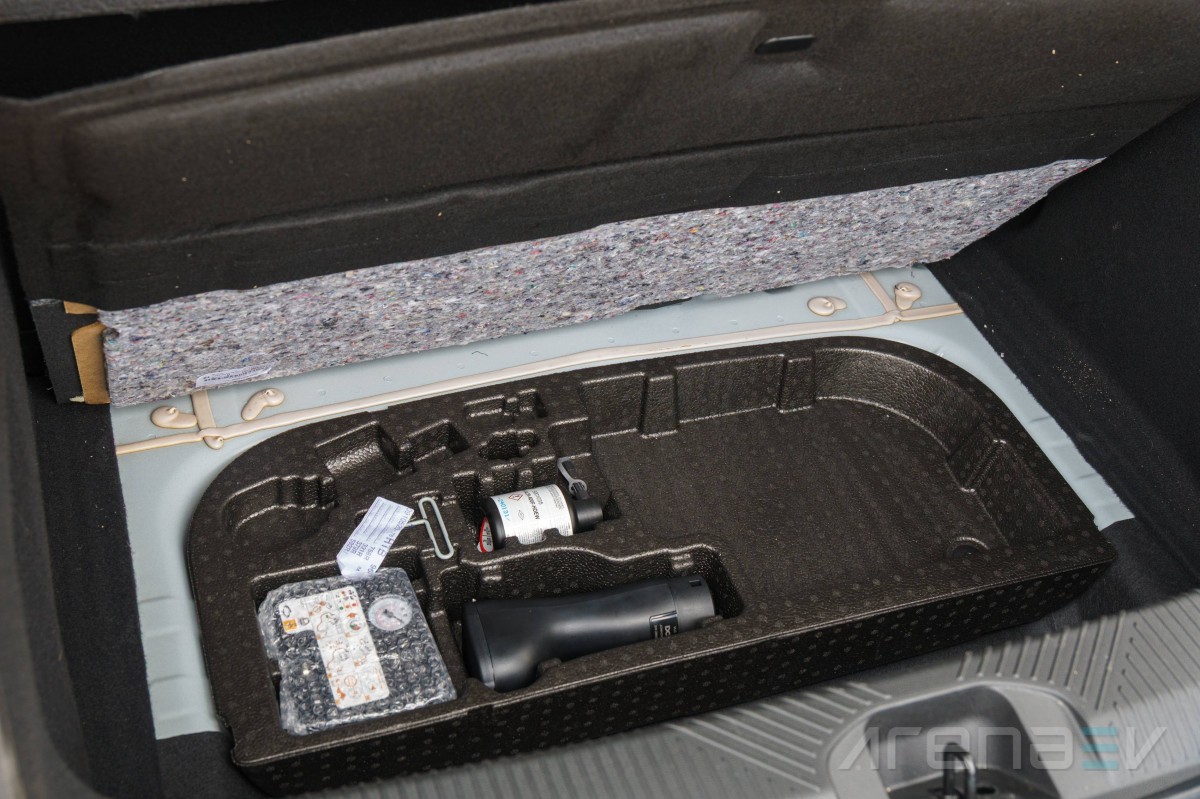
With the seats folded down is where the 5 can fit some larger items, though not huge ones. With a volume of 39.1 ft³ it sounds like there’ll be a lot of room, but you have to account for the fact that there is a huge bump between the trunk floor and the seat back. This makes utilizing all of the space almost impossible and loading heavy items that much harder.
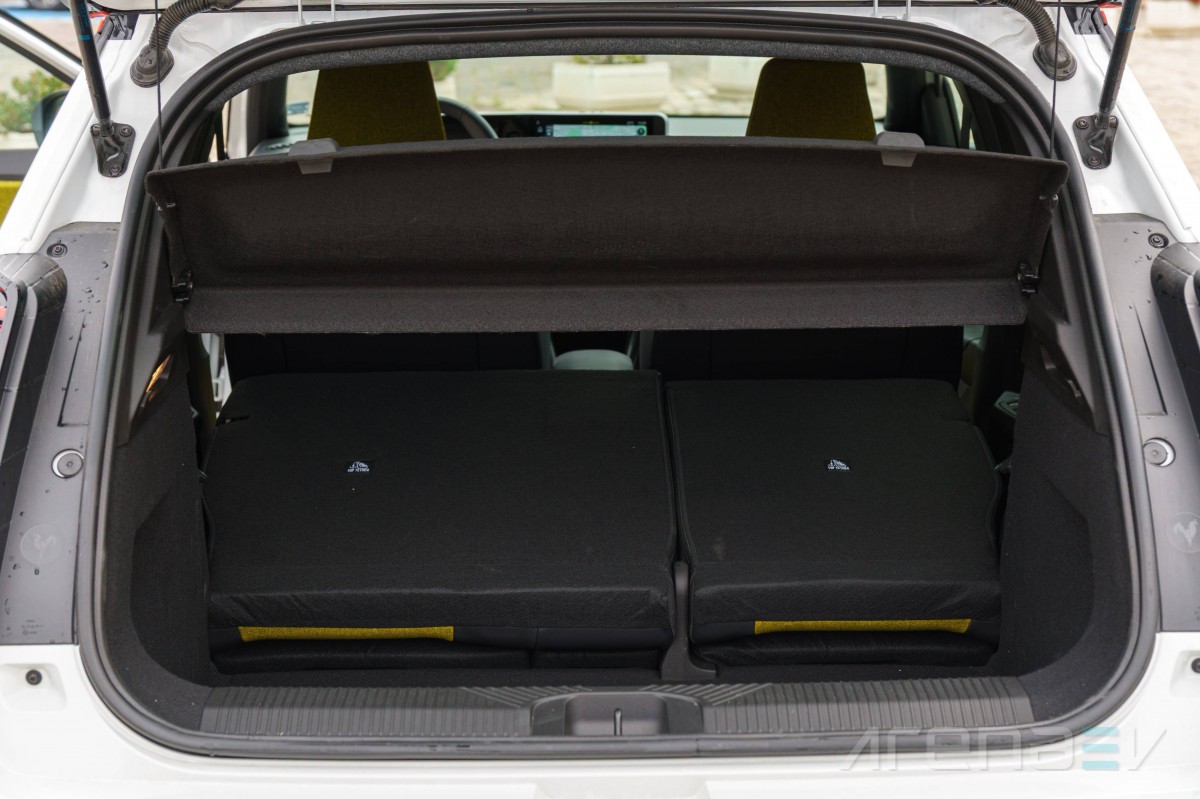
Sadly, there is no frunk (front trunk) to add a little more space, even though there is plenty of empty space underneath the hood.
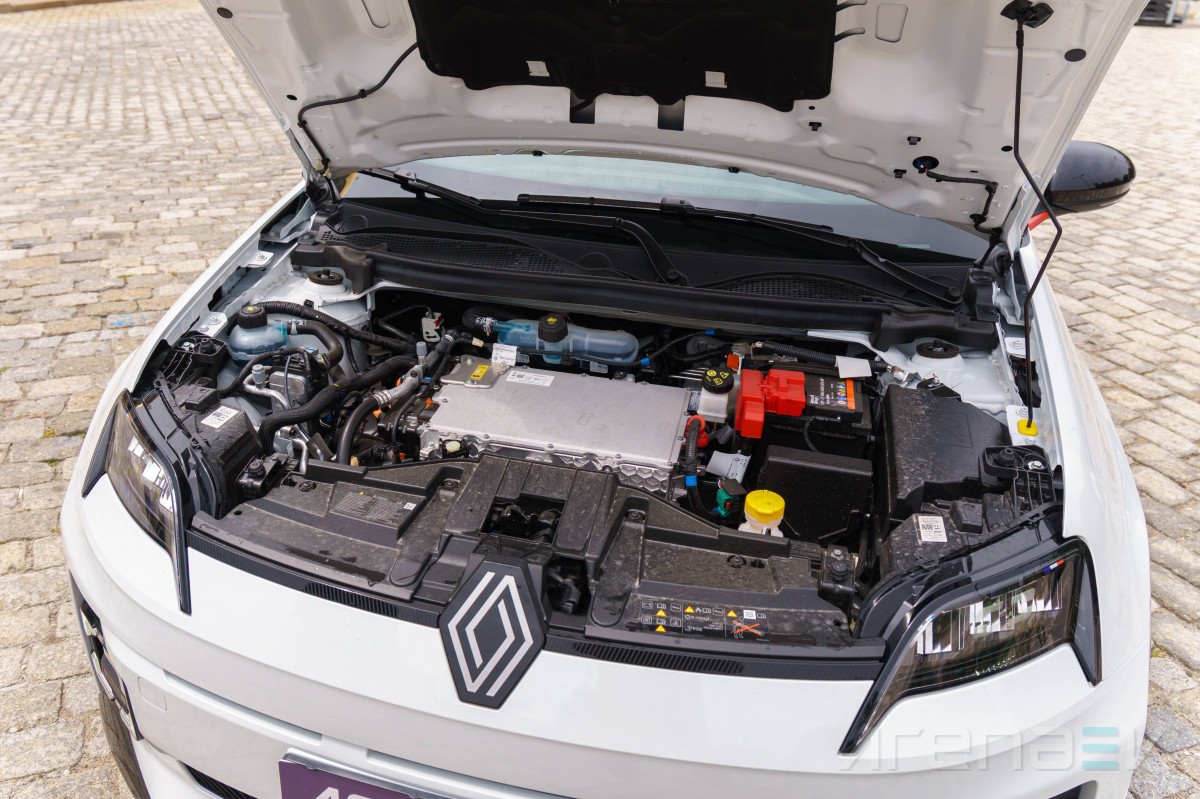
Driving experience
From a driver's perspective Renault has managed to preserve that rawness and agility of the past and integrate it into the new 5. The unladen weight of the Renault 5 is 3,197 lb, which is lightweight for a modern EV and this makes it a joy to drive. Thanks to the low weight and small size, corners can be taken sharply and at great speeds. There is virtually no body roll, making the 5 a blast to throw around.
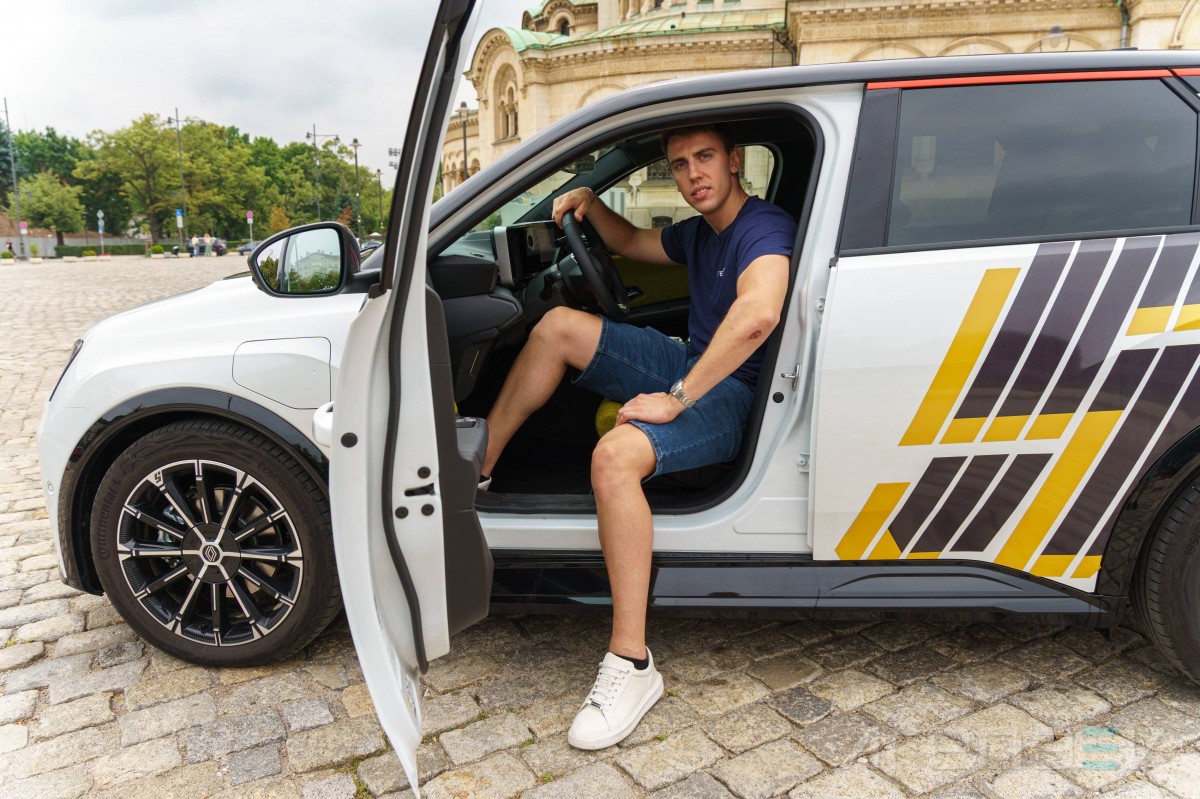
Due to the battery placed on the bottom of the chassis, the 5 stays planted in corners and gives more grip and the driver a sense of confidence. This assurance comes also from the great steering wheel feedback, which relays the grip levels perfectly. You can point the vehicle in whichever direction you might want and it will go straight there without hesitation, just like a true hothatch should.
Even though the Renault 5 is no sports car by today's standards and has low power figures, it is quick enough to make driving it enjoyable.
The different drive modes don't alter the behavior significantly. Comfort mode is absolutely sufficient, whereas eco slightly limits your performance and sport enhances it a bit. However, the changes are primarily visual through the different layouts of the displays when the modes change.
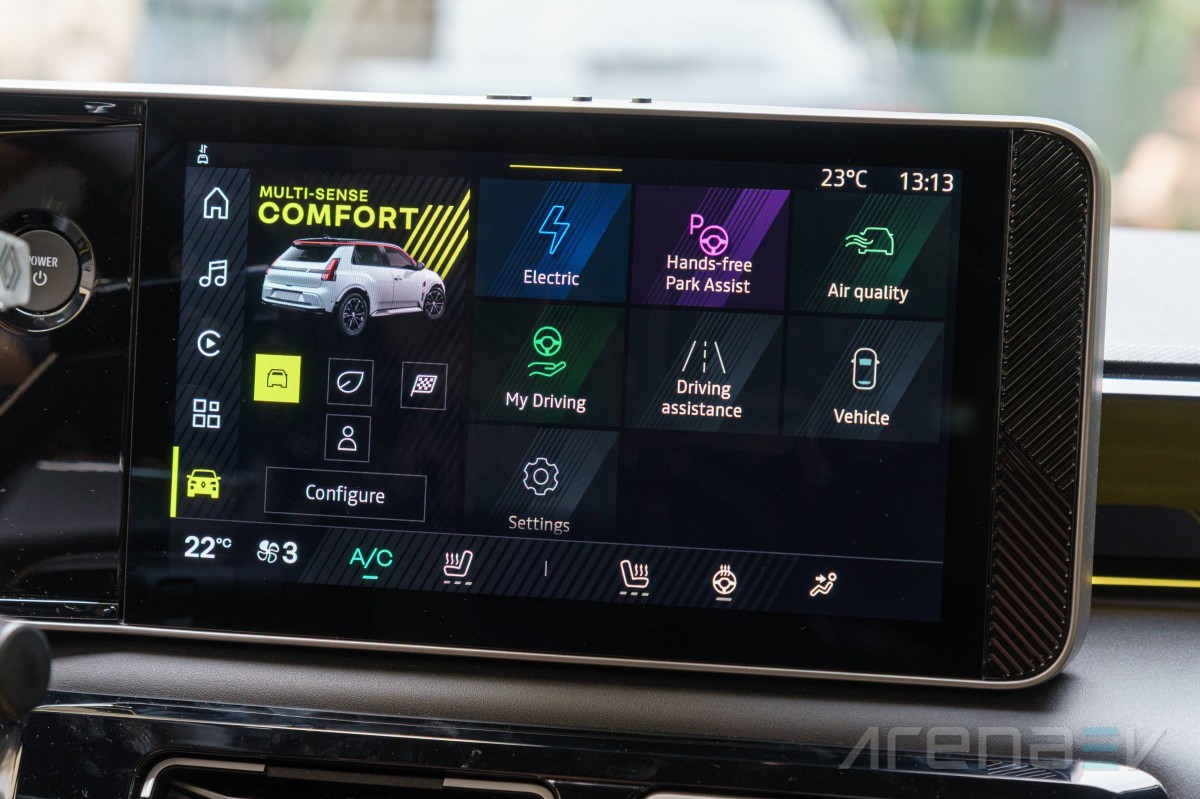
One bad side of the Renault 5 is that it’s not very stable at high speeds. Although it is electronically limited to 93 mph, the Renault 5 starts feeling shaky once you exceed 78 mph, making the occasional highway drive more of a challenge. The car swings under its own drag and even the tiniest steering inputs result in heavy lean. This used to be tolerable for older small vehicles, but modern rivals perform much better even at much higher speeds.
It is good that Renault has limited the instant torque punch to eliminate the initial tire slip most 2WD EVs have. This makes taking off a standstill smoother and more predictable, without requiring extra precise input from the driver.
An amazing feature Renault incorporated into the 5 is the button for turning off the driving assistants. It is a highly clever integration to bypass the EU safety regulations for turning off those at every start of the car. By pressing twice the button with a car and a circle to the left of the steering wheel, the driver can turn on "Perso" or personal settings for the assistants. This means that you can immediately have all the assistants however you want them and just press the button every time when you start the car.
That being said, the parking assistant is a convenient feature when you can't or just don't want to park in a tight spot and it can position the car very well even in more unorthodox parking spaces.
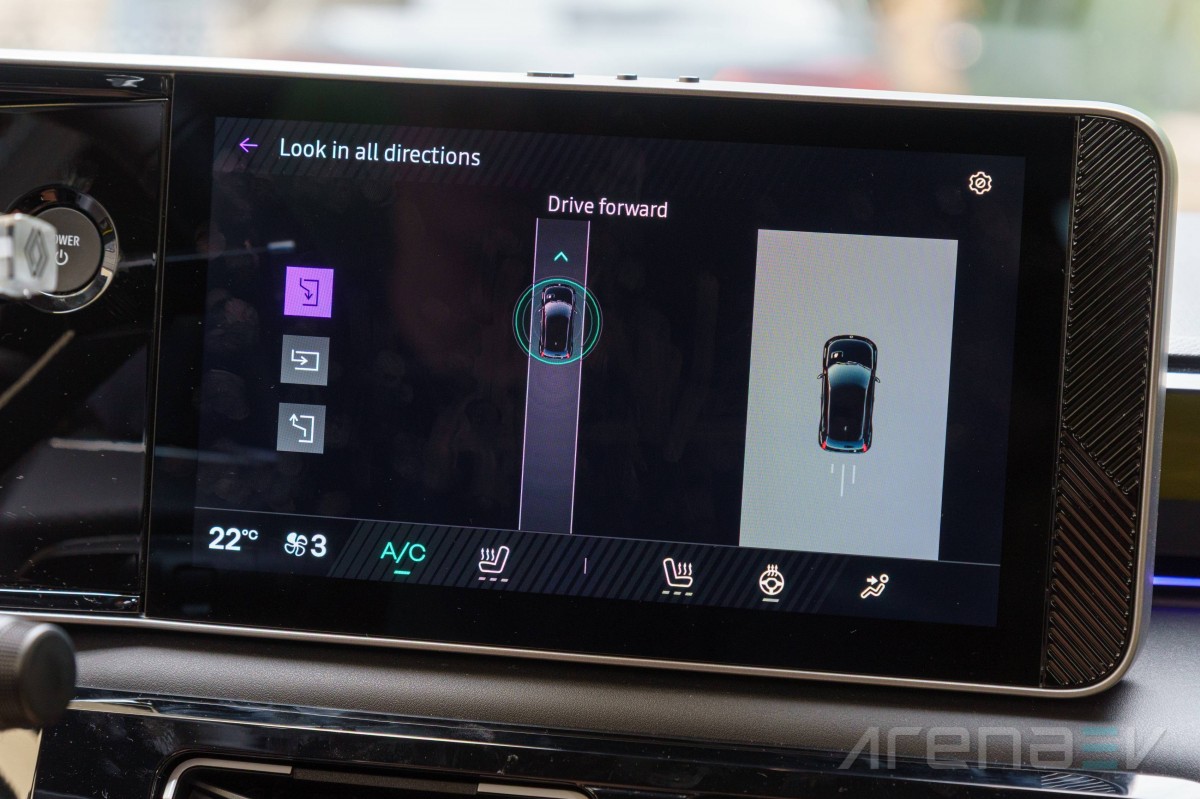
The reverse camera, on the other hand, is abysmal. It has terrible quality and the image lags. We get that the Renault 5 is a cheap car, but this is unacceptable at any price point in 2025 and we sincerely hope Renault fixes the issue quickly.

Ride comfort
The Renault 5 is a comfortable vehicle that tackles bumps and potholes well. For daily driving there isn't much more to ask from the suspension, as it has a long travel, yet not extremely so. It is a great balance between softness and feedback, making it a blast both in the city and on tight mountain corners. Because of the short wheelbase small bumps are translated heavily into the cabin at high speeds and can even cause unwanted steering, but this is true for almost every small vehicle and cannot be therefore considered as a downside.
Tech features
Renault has turned to Google services to help with the infotainment and the result is a very pleasant and intuitive user interface. The menus and buttons are big and easy to read and there is no lag whatsoever in any use case.
The home screen integrates most of the apps you will use regularly and you can even change what is being displayed there as a widget. There is one column and one row of fixed buttons for easy access to submenus and functions, but interestingly the lower row of buttons isn't active and just shows you the status of the illustrated functions (except for the heated seats and steering wheel).
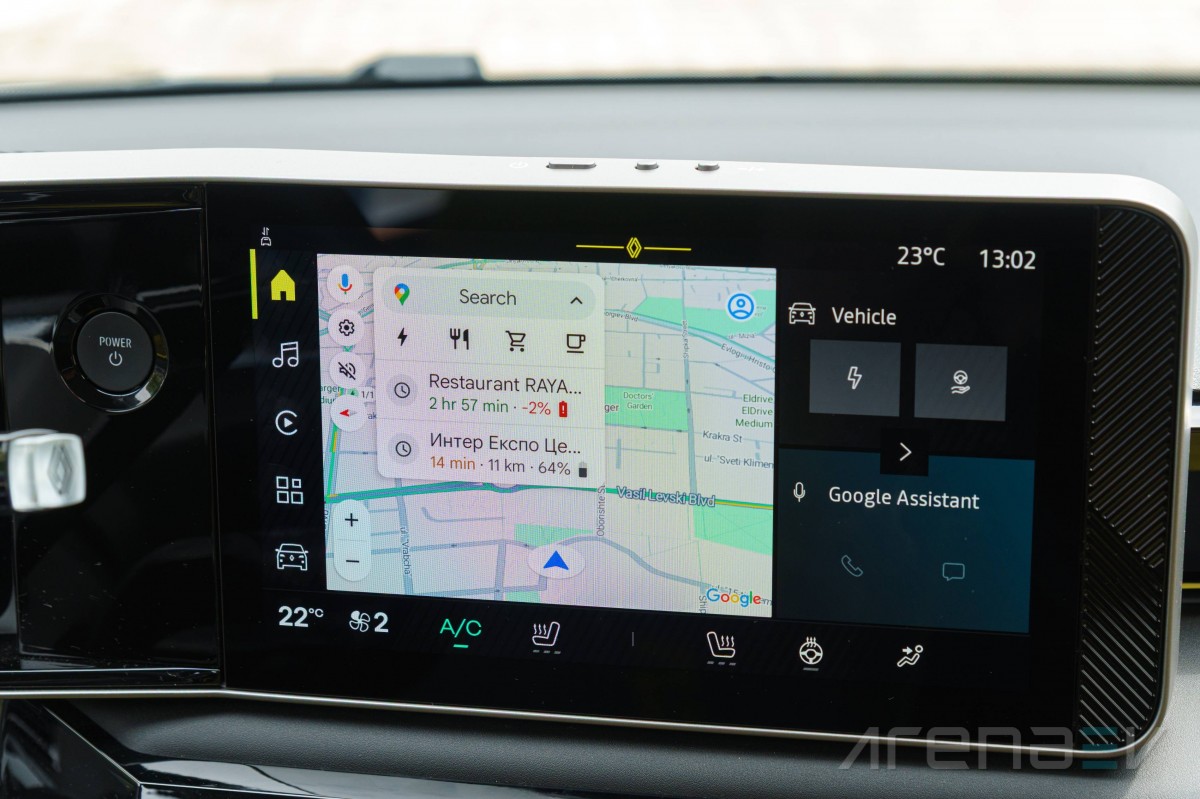
There is a drop-down menu like in the smartphones, where you can set your favorite widgets once again or just see the recent notifications, allowing you to have quick access to virtually all vital settings of the car within 2 touches at all times.
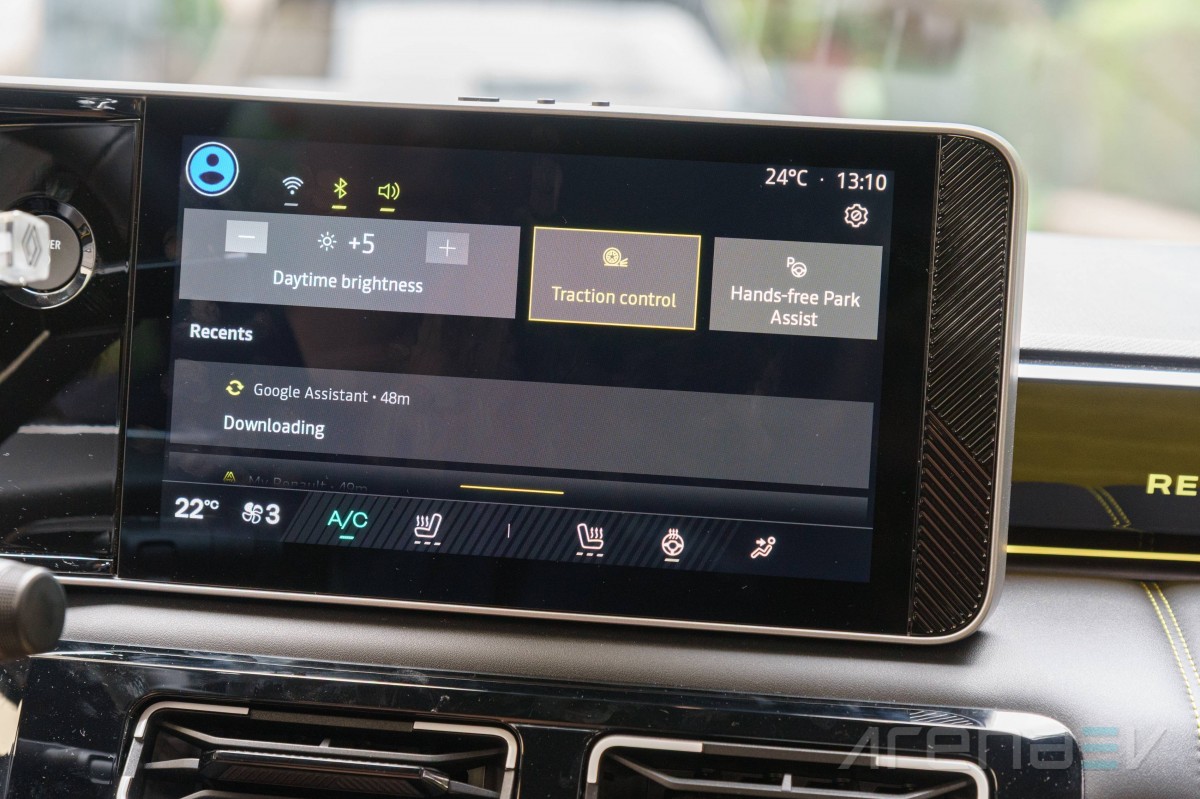
Apple CarPlay works very well and takes over the entire display.
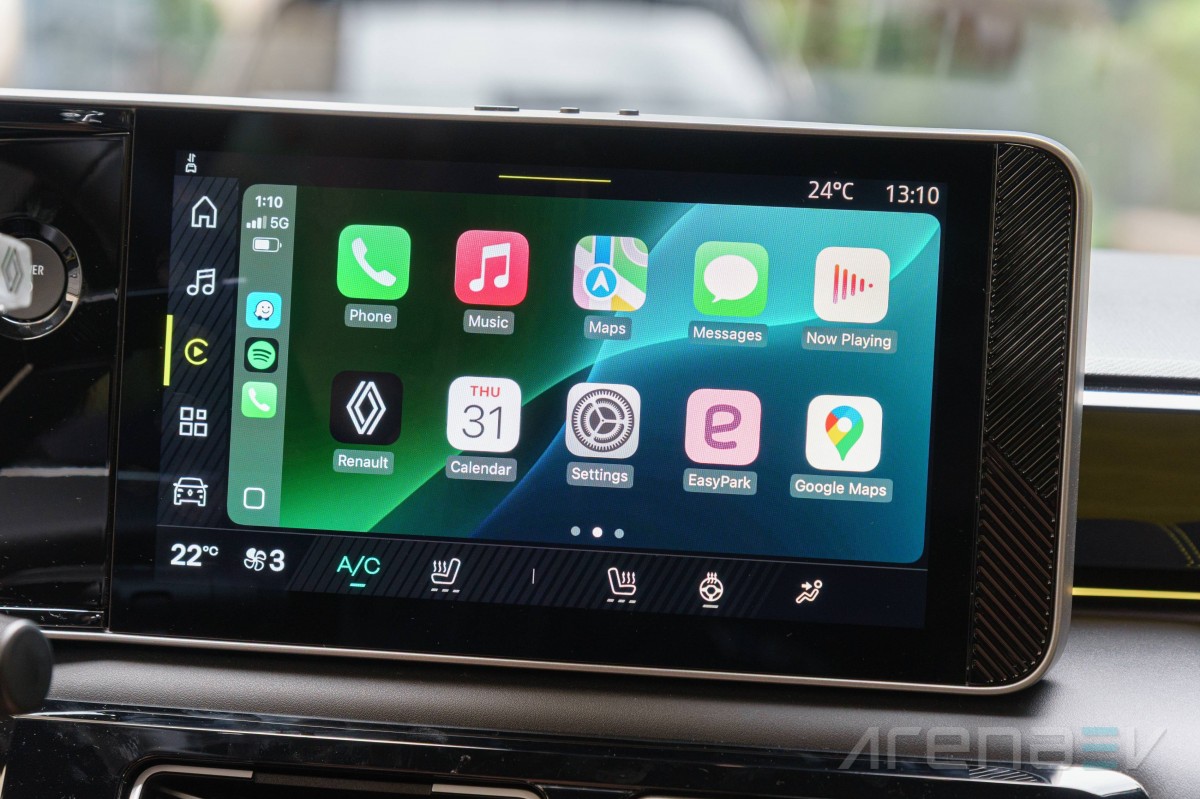
As we mentioned, Google Services are available on-board and as a result you get Google Maps as the default navigation provider.
You also get Google Assistant and if you connect your phone with the vehicle, you can ask the car about your personal appointments and information you have on Google.

Of course, there are also multiple apps you can download from the App Store to enhance your driving experience or spending time while stationary. There are fewer apps than on proper Android Automotive cars, but you get most basics covered.
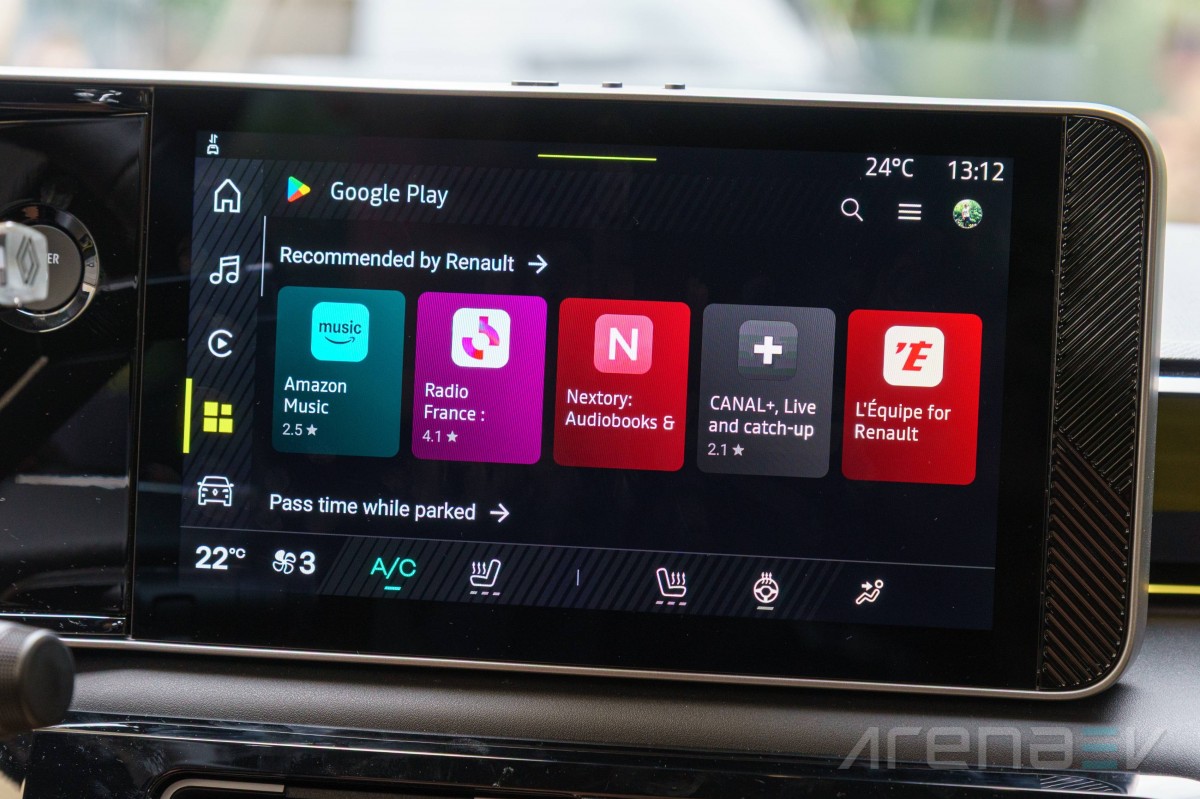
The car settings allow you to customize all aspects of the car, and let you see stats about your driving style. There is a menu that evaluates your latest drive on efficiency and safety and gives you tips on how to improve.
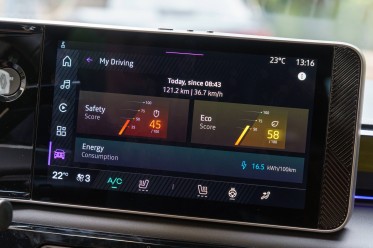
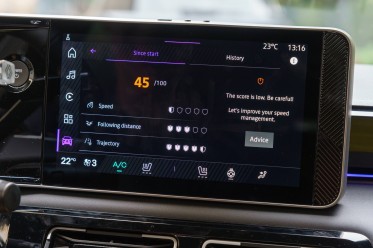
We didn't score great when testing!
You can also monitor the energy flow to see what is consuming your battery at any given moment.
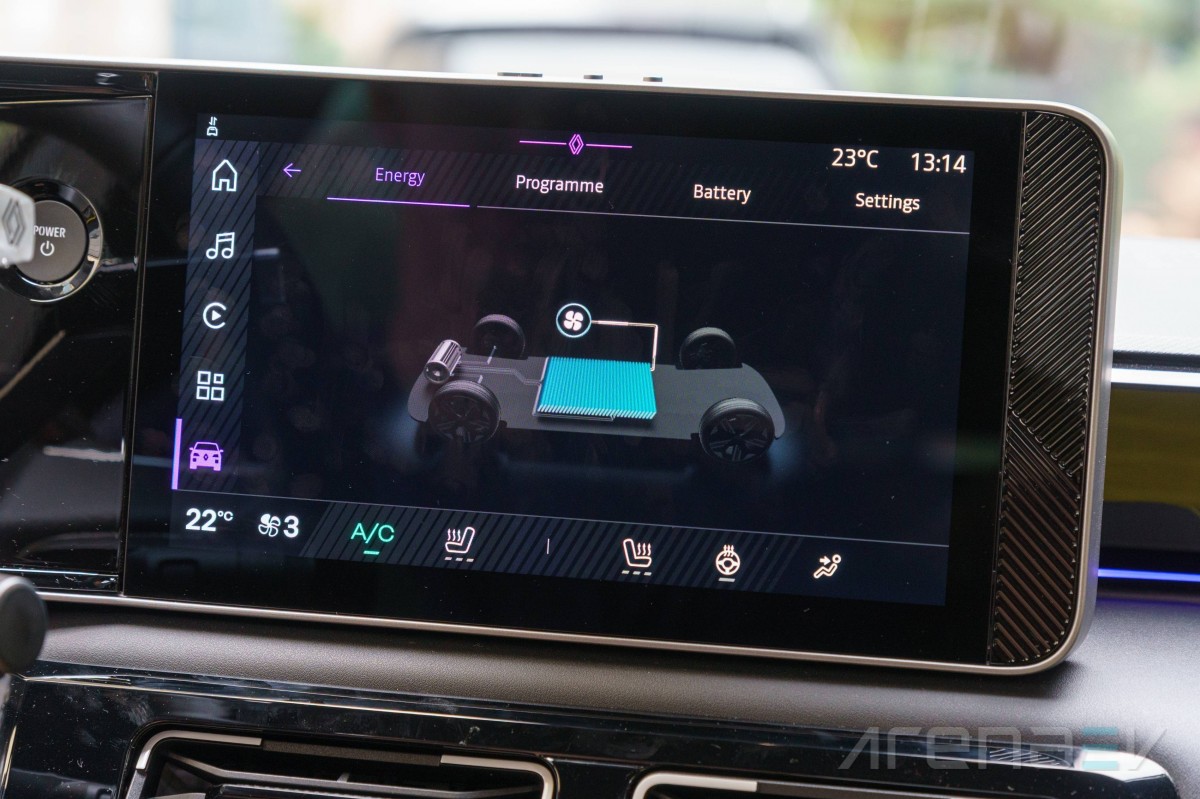
There is an air purifier on-board, which cleanses the air inside. We are used to seeing this option in much pricier vehicles and it's commendable that it has trickled down to a small cheap one like the Renault 5.
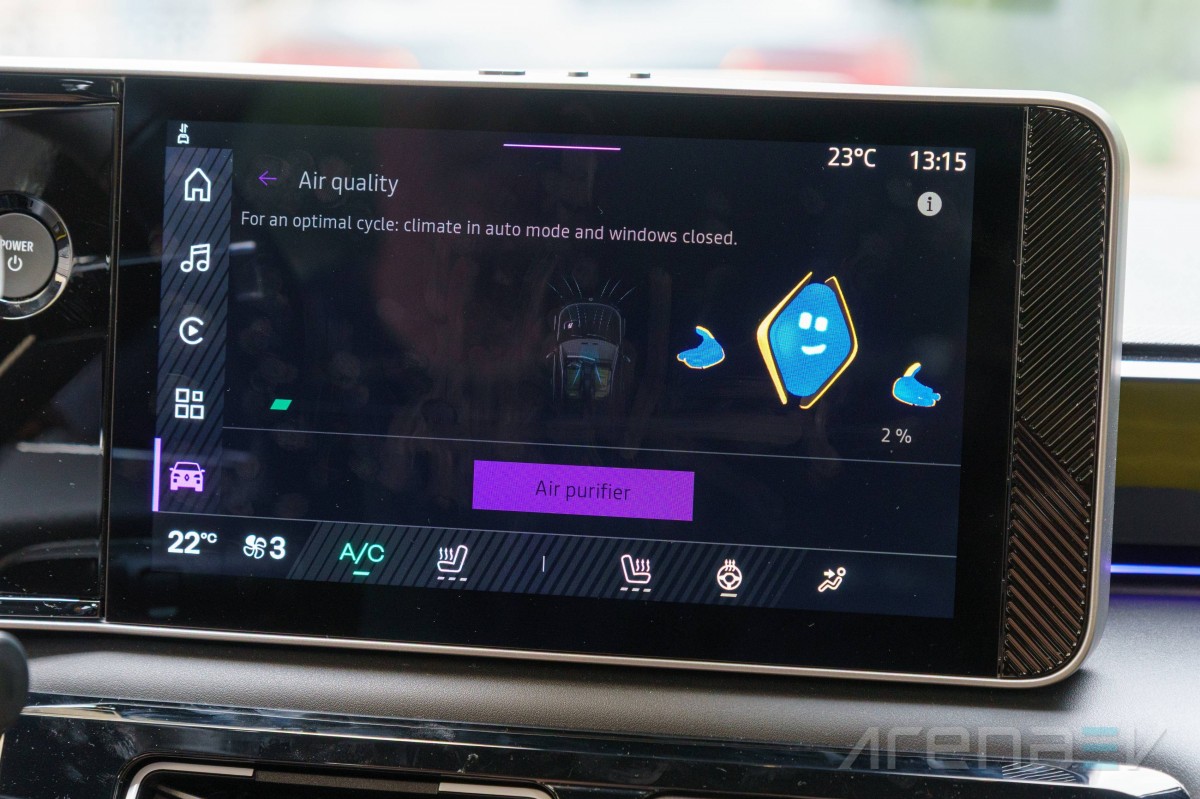
Some of the peculiar settings in the Renault 5 include the turn indicator volume, which is adjustable in three levels. You also get three levels of automatic air conditioning, essentially defeating the purpose of the function as being automatic and deciding on its own.
There is a programmable button on the steering wheel, whose purpose you can decide from a wide range of options, making it very easy to access features like the air purifier, which are hidden in some deeper menus.
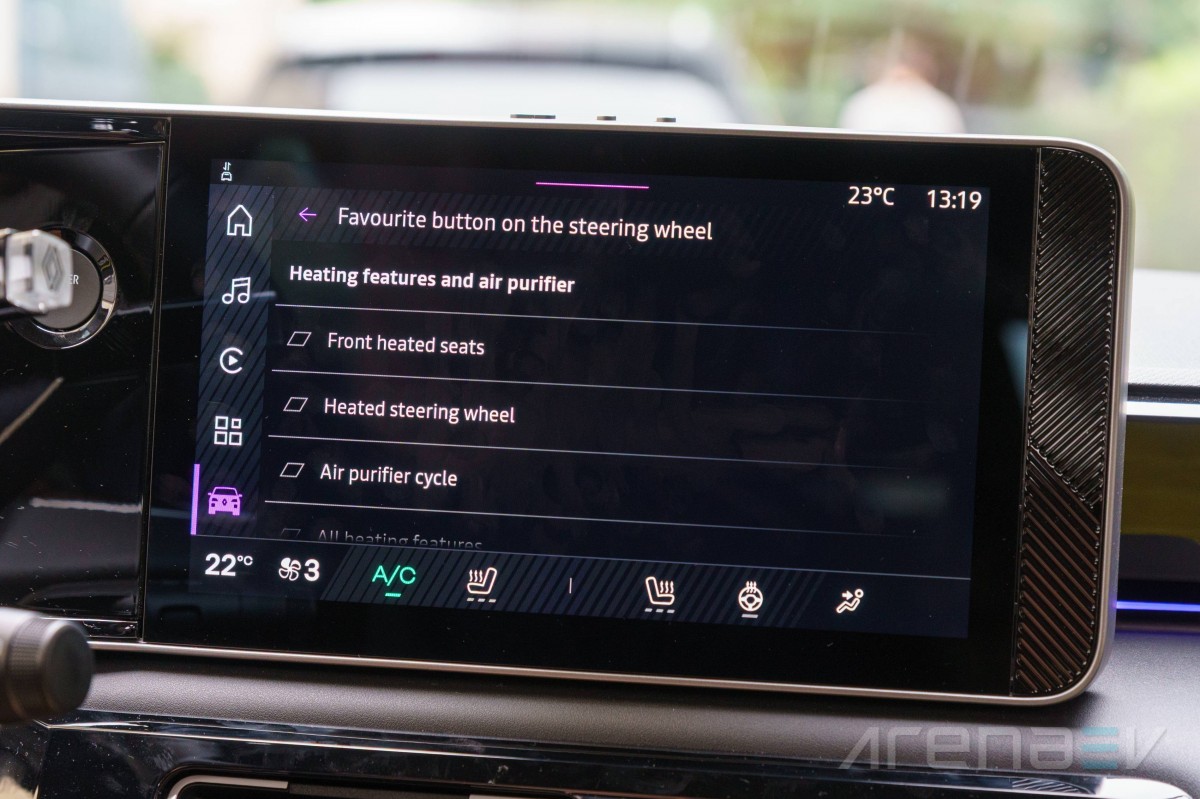
We briefly mentioned how the gauge cluster is a big display with laggy readouts, but we’ll mention it again as it is an integral part of driving and should be improved not only for experience, but safety as well. When you change between modes there is sometimes about a second or more when nothing is displayed on the dash.
However, the different modes offer varying layouts, all of which look cool and retro-futuristic. You also get to choose the primary information displayed besides the essential ones.
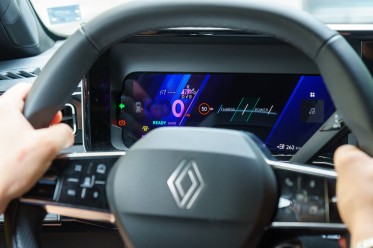
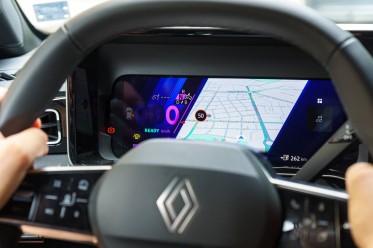
The display may be laggy, yet it looks great!
Cabin noise
The Renault 5 is quiet and well insulated, especially for the segment. It is a cheap and boxy vehicle, which usually leads to worsened aerodynamics and audible wind and tire noises. However, the Renault 5 is quiet at low speeds, allowing the passengers to travel in comfort and peace. At high speeds it is only normal that more noises start to find their way into the cabin and it gets louder inside, but once again is nothing to worry about and is actually better than rivals.
Sound level tests are carried out with a specialized sound level meter placed in the car's cupholders. The test is conducted with air conditioning and radio off and while maintaining a steady speed.
Acceleration and braking
The Renault 5 isn't a particularly quick car. It accelerates from 0 to 62 mph in 7.8 seconds on our test track. It's plenty quick for daily driving, but you'll be better off not entering any drag races with it. The Renault 5 is perfectly adequate for urban driving in the 150 hp version we tested, yet the 95 hp one does feel somewhat underpowered.
Braking is particularly impressive on the Renault 5 as it decelerates from 62 mph to a standstill in just 36 m (118’11”). That is a great, which the 5 was able to achieve on multiple successive attempts. The brakes feel unnatural at the initial push as the brake-by-wire system requires some getting used to. A missed opportunity is to include a one-pedal drive mode to eliminate the need of pressing the brake pedal when recuperating to fully stop.
Acceleration and deceleration are measured with a RaceBox device inside the car. Testing is done with a single person inside the car, with air conditioning and traction control off.
Consumption
The Renault 5 is an efficiency champion and that should be applauded. Despite its relatively small battery its results pleasantly surprised us. The Renault 5 covers great distances on a single charge at lower speeds. Highway speeds are still making the limited capacity show, but that is not its intended use case and we cannot fault it for that. Check out our detailed range test of the Renault 5 here.
We measure consumption by driving at constant speeds on an identical test route during the day. Testing is conducted with air conditioning, all safety systems and radio on. The data comes from the vehicle's board computer. Specific testing parameters such as ambient temperature are mentioned in the text on a case by case basis.
You can use the widget below to find out the Renault 5 E-Tech's range in every combination of speed and temperature you might need. We've used our real world tests and a complex model to provide an estimate that should be as close to the actual performance as possible.
Charging speed
The Renault 5 E-Tech isn’t the fastest charging vehicle but doesn’t let us complain either. With a 15-80% charge in 30 minutes with a maximum of 100 kW there are multiple competitors that perform better. However, the 5 makes up with its great efficiency, allowing it to travel longer.
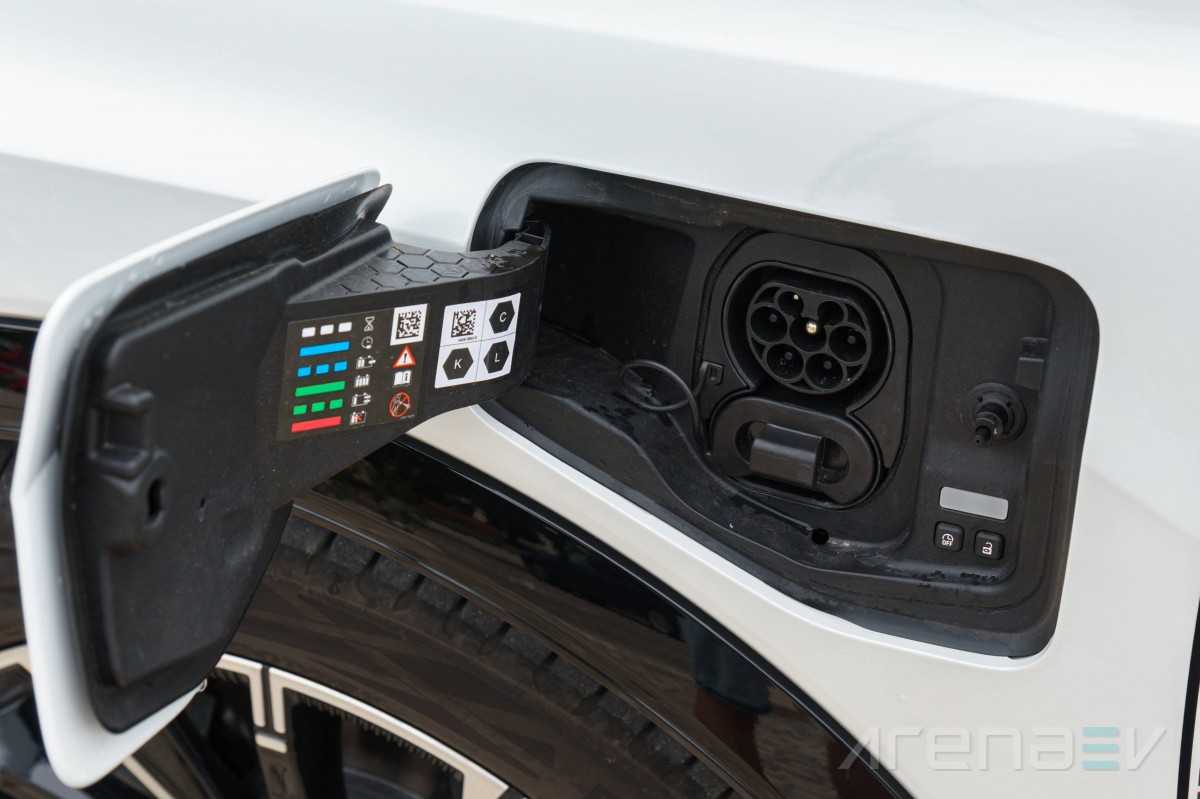
The Renault 5 optionally offers V2L and V2G charge ports, which are amazing features that few rivals in this price range have. The battery capacity should be enough to power a small campsite for a day, if you need it to.
Competition
Small cars will always be desirable in densely populated areas, but fitting a decent battery in one of those is hard, so it took a few years before we started seeing more of those. The Renault 5 is one of the best examples yet with great styling, solid featureset and modern interior.
The most popular rival is the Fiat 500e, which is very similar to the Renault 5 in terms of target audience. It also benefits from iconic retro styling and Mediterranean charm. The 500e is shorter and even more agile, with some better materials inside. The Renault, on the other side, is more practical, modern and has a notbaly bigger battery. While the Fiat probably wins on charm points, the Renault 5 is definately a more complete vehicle capable of serving more tasks.
Hyundai Inster is another strong newcommer with excellent interior practicality and fantastic urban aptitude. The Hyundai is simpler and offers better storage and passenger space in an overall smaller vehicle. The Renault beats it with a more modern and luxurious interior, better infotainment, as well as much better and distinct styling.
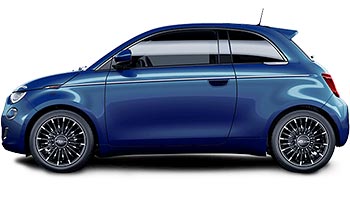
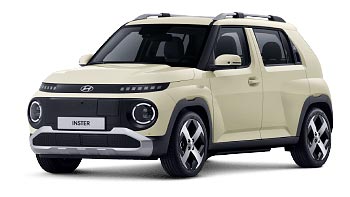
Fiat 500 42kWh 2020 - • Hyundai Inster Long Range 2024 -
Verdict
Renault has decided to resurrect a legend in the face of the 5 and it has done a great job. The new Renault 5 is more than just an attempt to milk a popular nameplate, it actually contains a long list of throwbacks to the original, while still being a completely modern and capable vehicle. Offering the 5 has given the company the freedom to maximize the strengths of an EV and the final result is great.
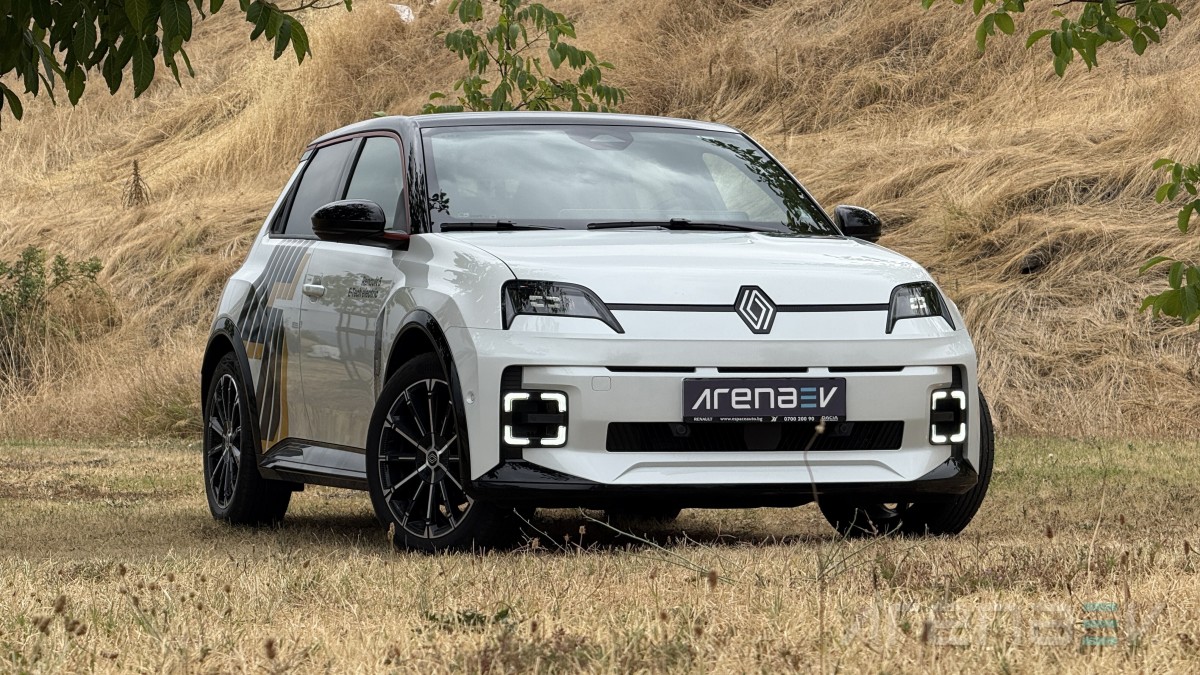
The new Renault 5 is a wonderful city-oriented car that handles great and is a lot of fun to drive despite not having a lot of power by today's standards. The Renault 5 E-Tech breaks the stigma that all EVs are heavy, soulless and dull to drive and proves the exact opposite as soon as you get behind the wheel.
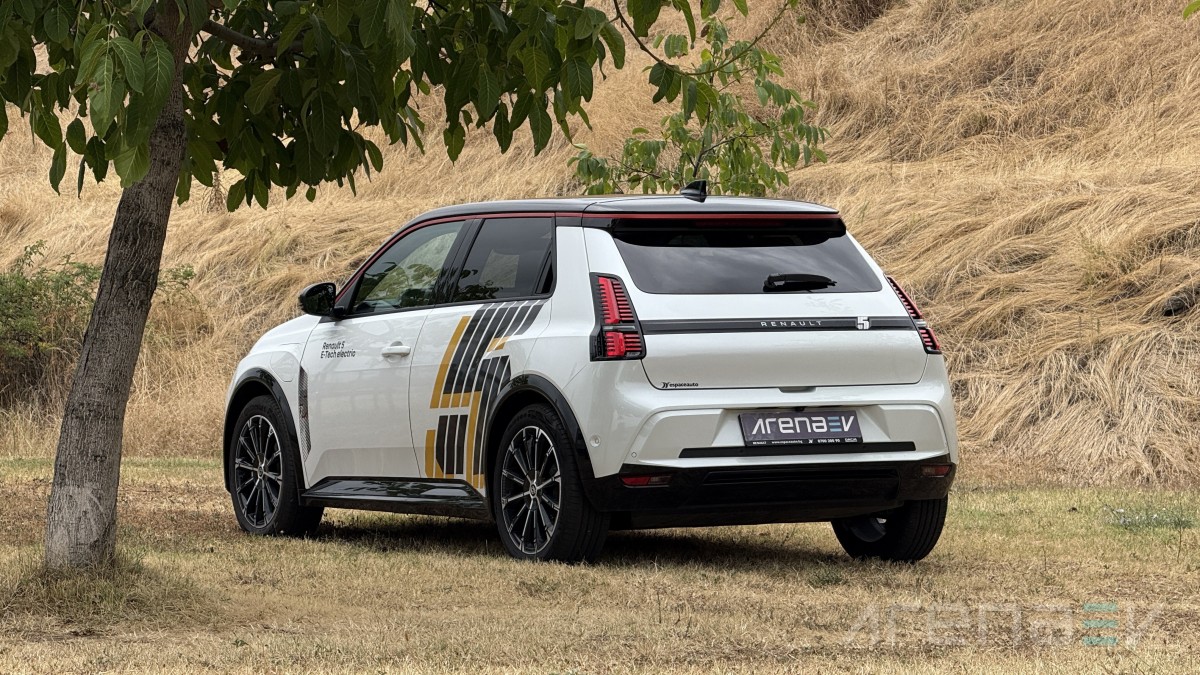
On-board technology isn't quite cutting-edge, yet the 5 offers everything that one may require on a daily basis and that is what's important. The optional V2L and V2G are wonderful extras. Granted, there are some small drawbacks like the laggy driver's display, shaky body at high speeds and the non-flat-folding rear seats. If you can live with those, the Renault 5 should be high on your shortlist.
Pros
- Tremendous efficiency.
- Distinct, nostalgic styling.
- Simple and easy to use.
- Lots of individualization options for the exterior and interior.
- Small turning radius.
- Easy to disable driver aids.
- V2L and V2G charging.
- Good build quality.
- Affordable pricing.
Cons
- Unstable at high speeds.
- Square cupholders.
- Laggy driver’s display.
- No flat-folding rear seats.
- Terrible reverse camera quality.
Related
Reader comments
- Joe
I absolutely confirm, R5 in the back is too tight. Tighter that a Dacia Spring, waaaaay tighter than a Leapmotor T03. Went for a test drive, my wife (165cm) was sitting in the backseat, and she told me she've never been in a car this small (her ...
- 16 Sep 2025
- m0x
- SolvalouLP
I'm sorry but I have no idea what kind of Renault 5 this 195cm reviewer drove. I am 180cm and with the driving position set to my height (with a very vertical back rest at that) I could not get in the back seat, mind you, I could not even fit my...
- 08 Sep 2025
- SHi
- Toni
WLTP range for 52kWh version tested here is 402 km, not 300 as stated
- 08 Sep 2025
- gIP
